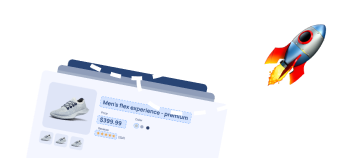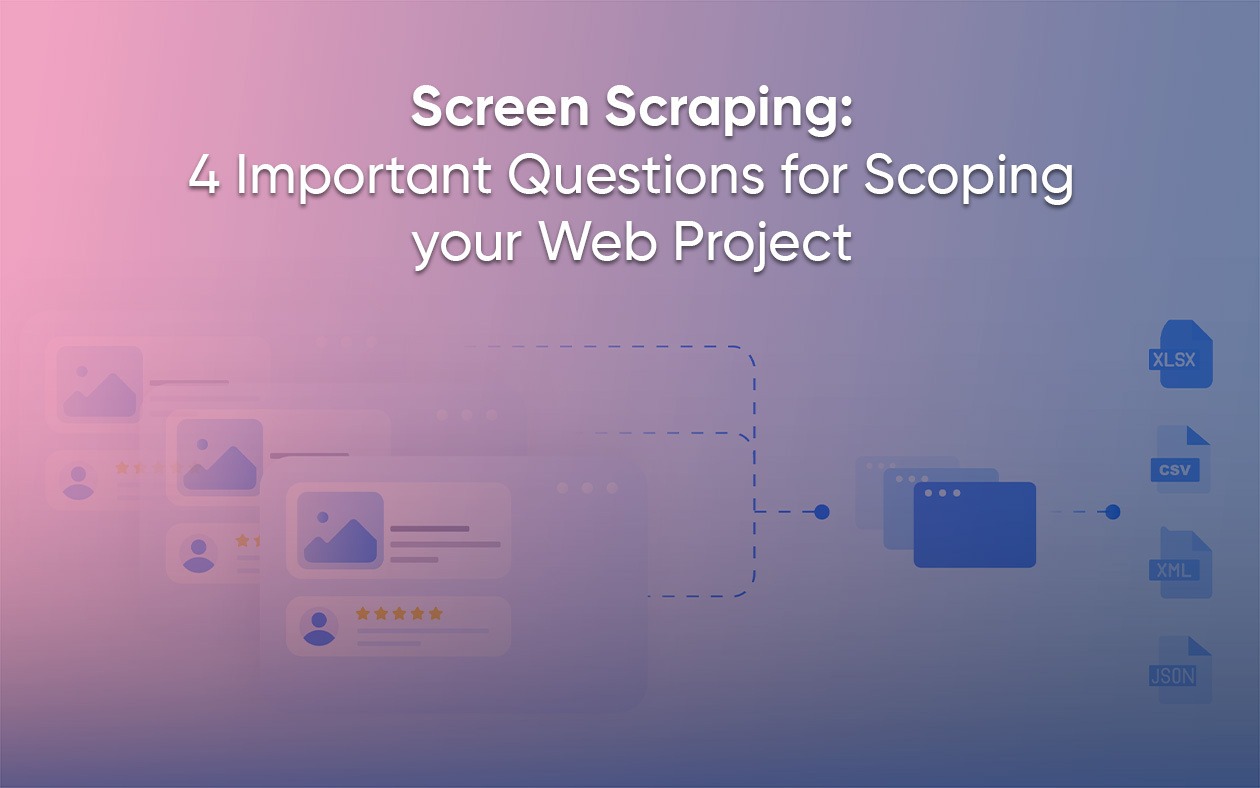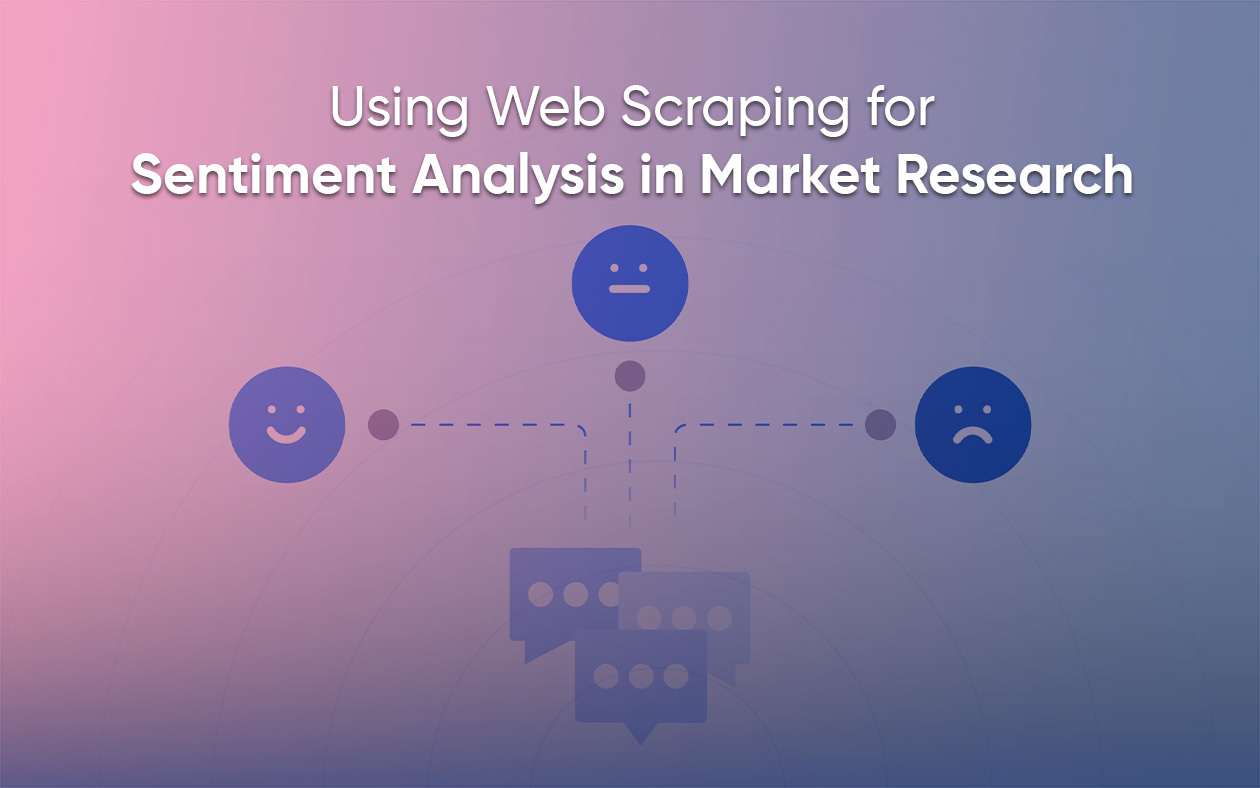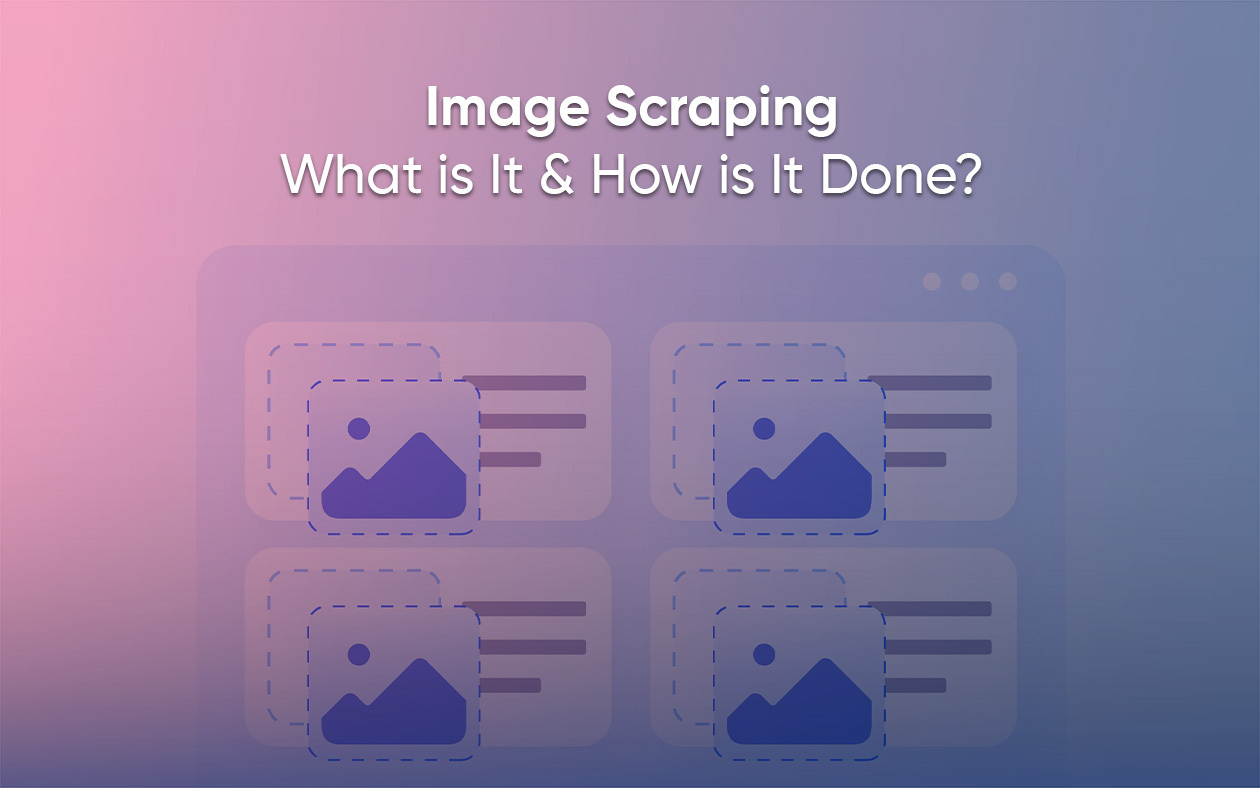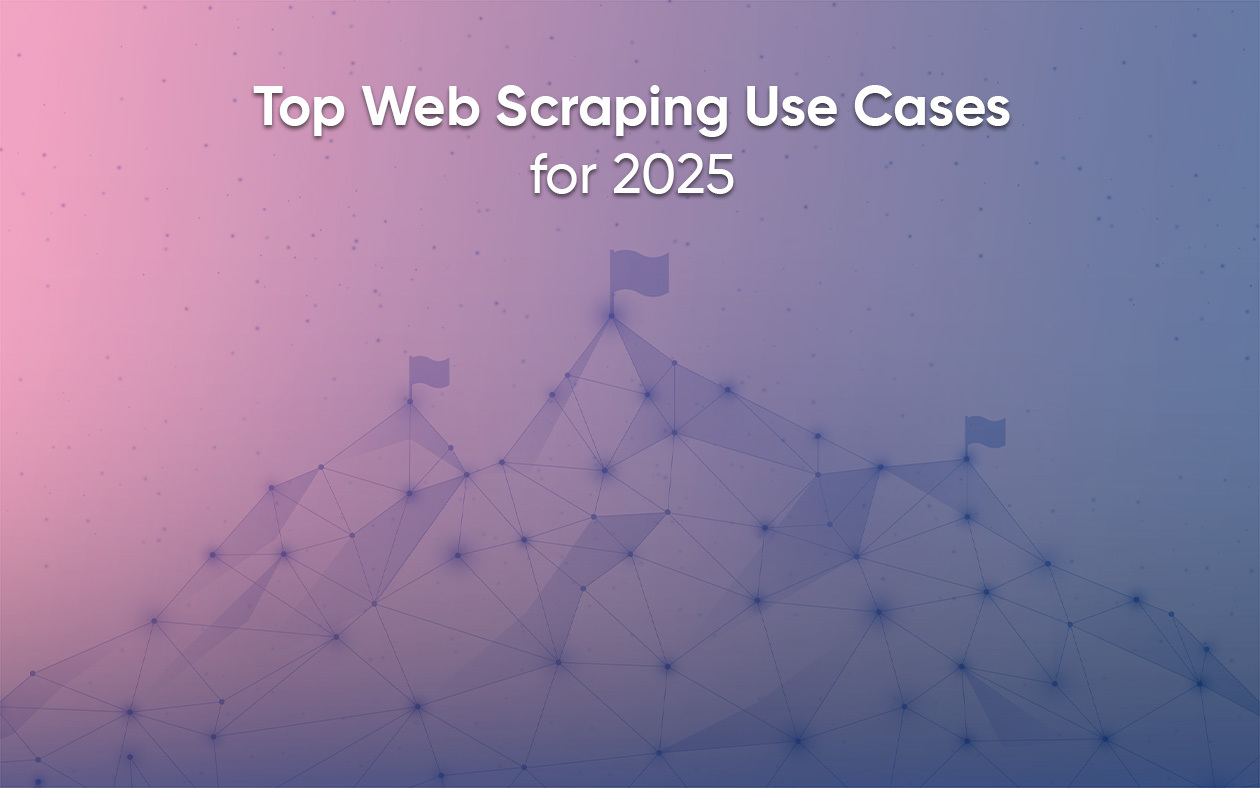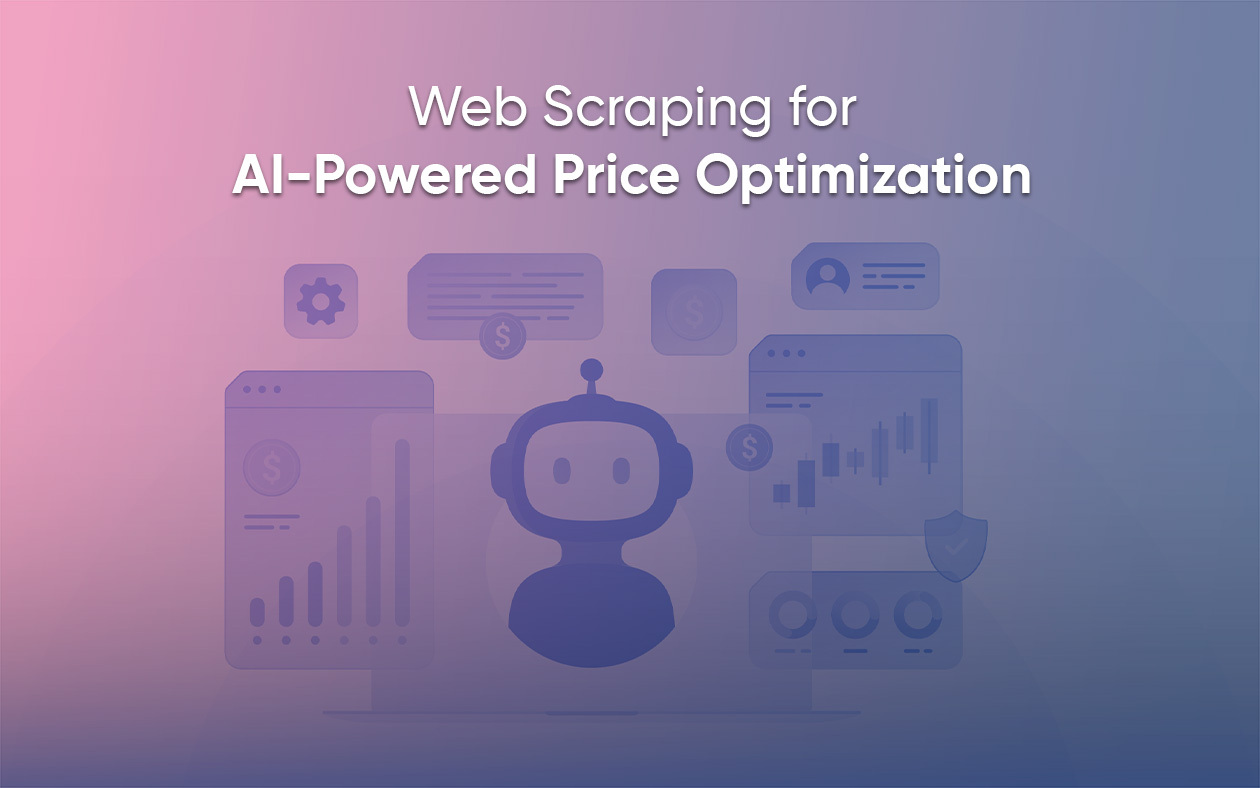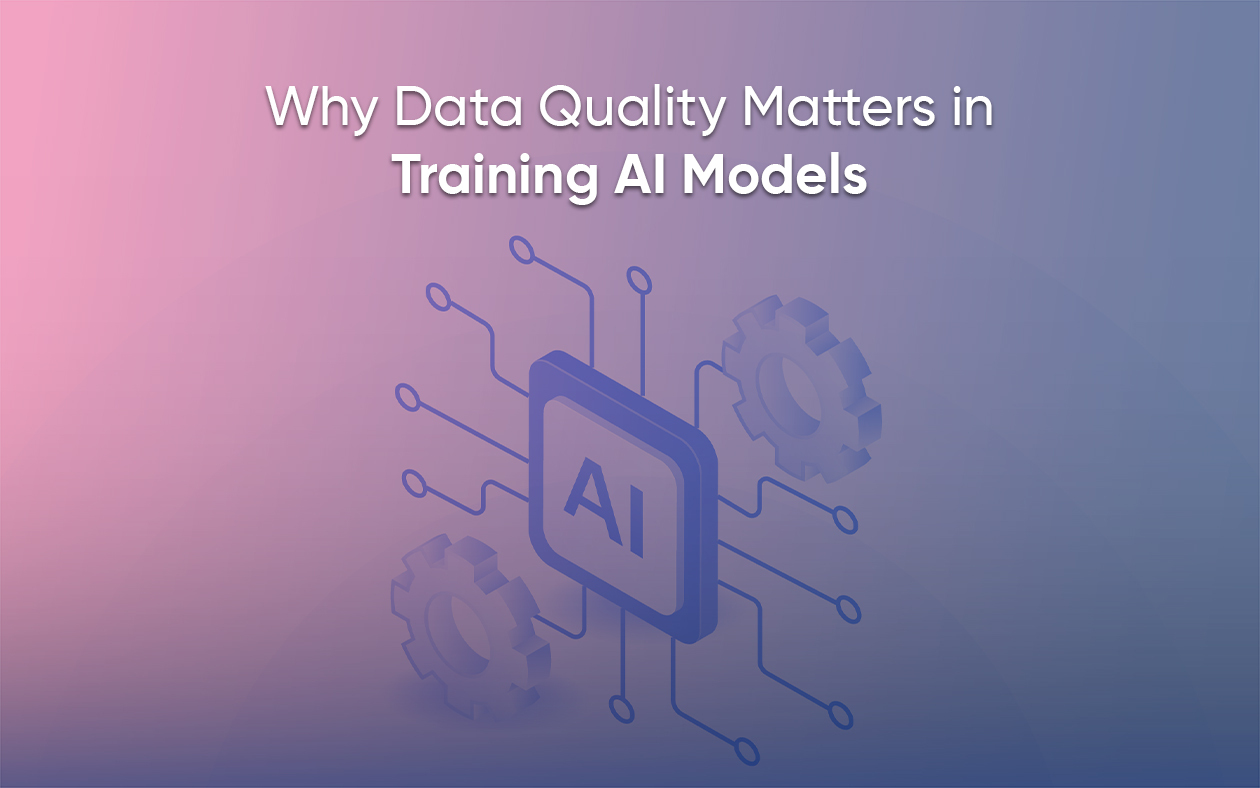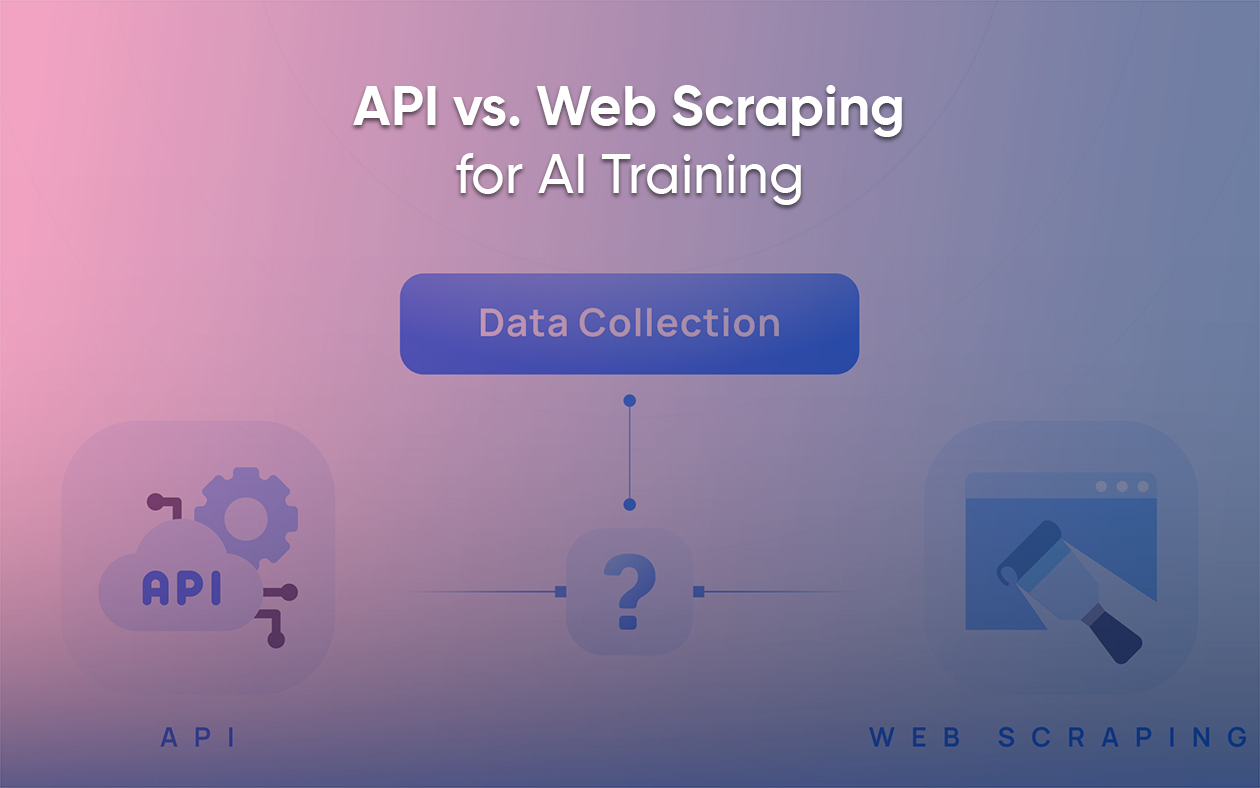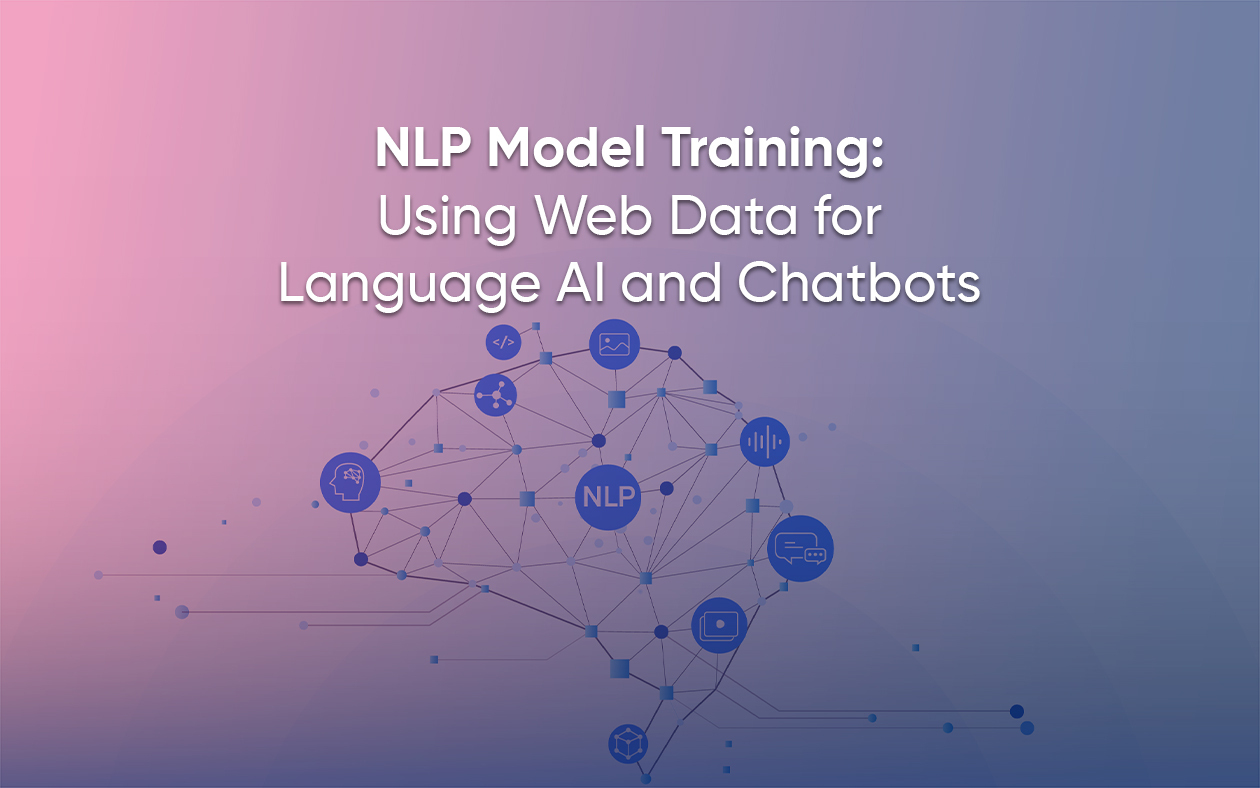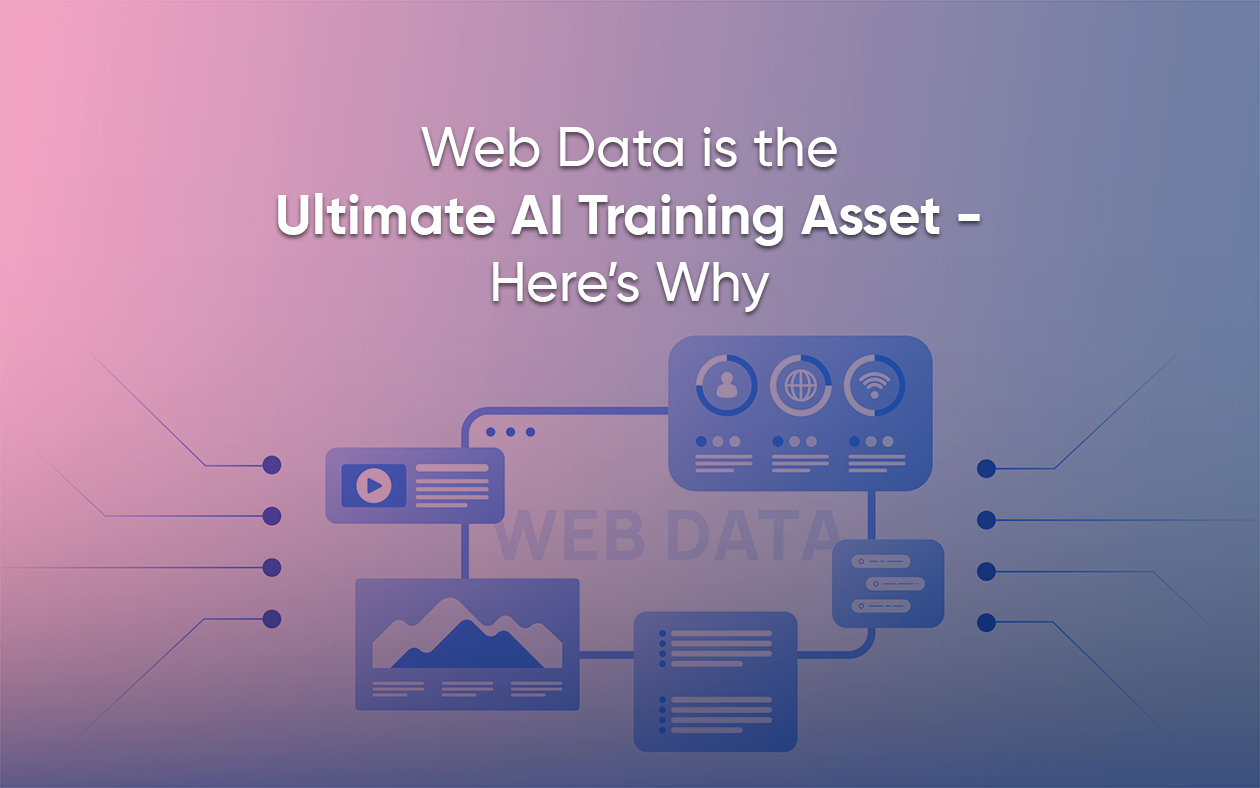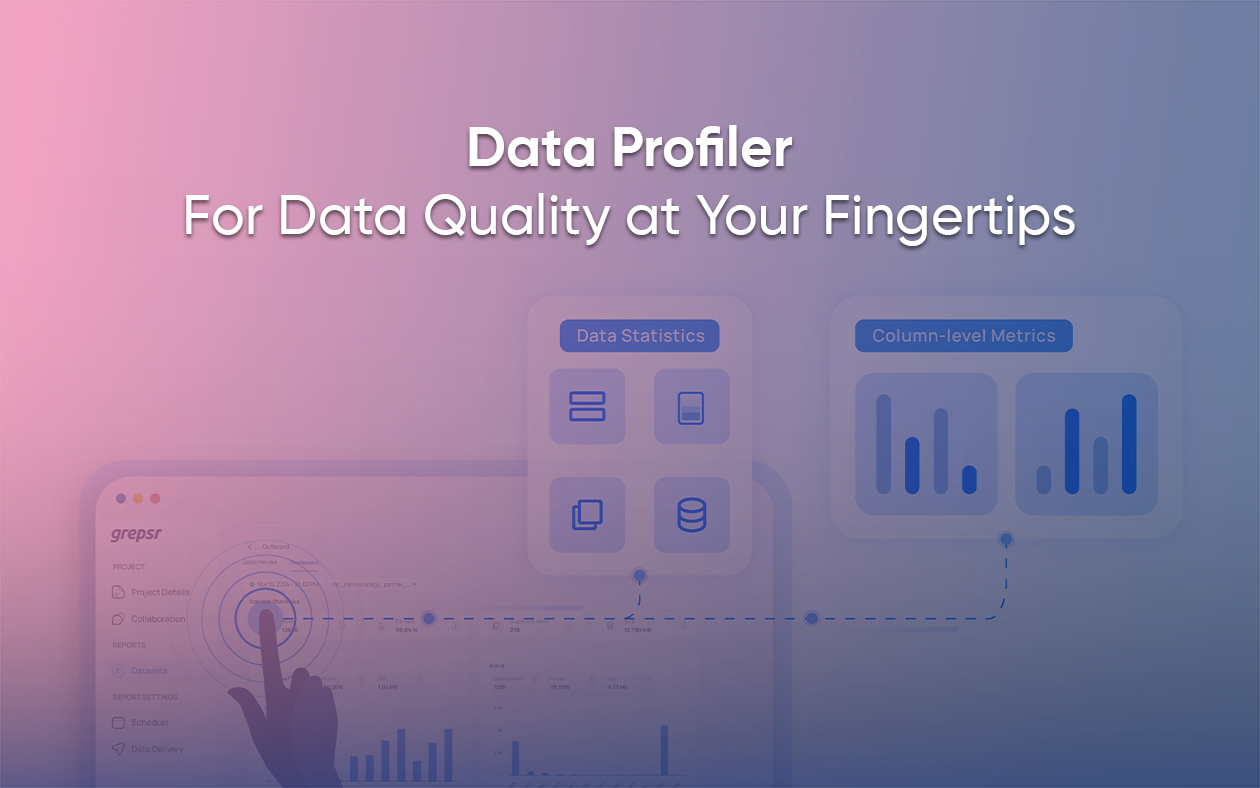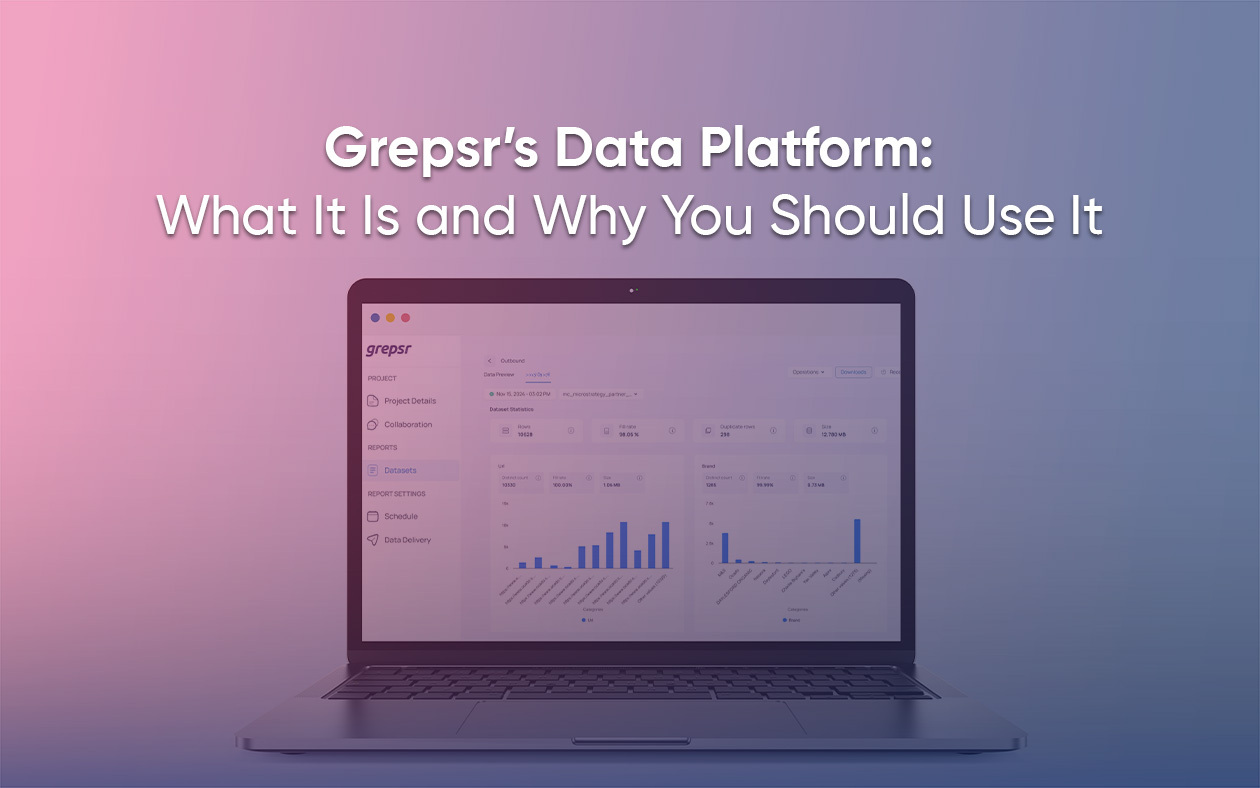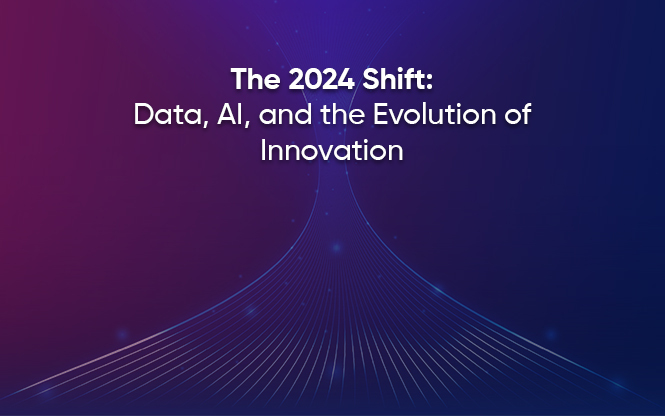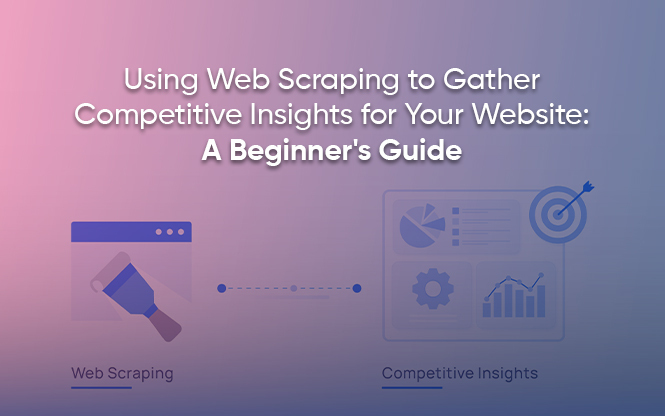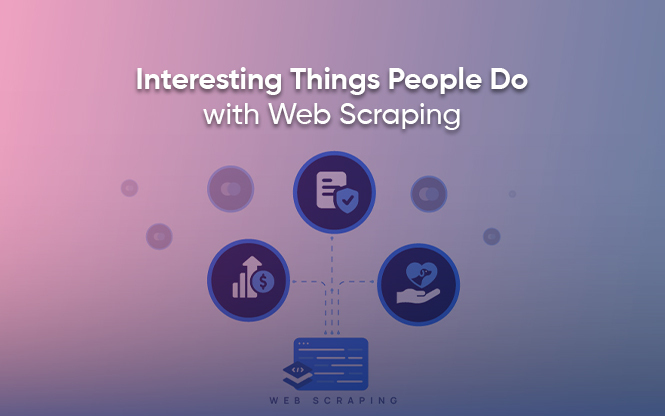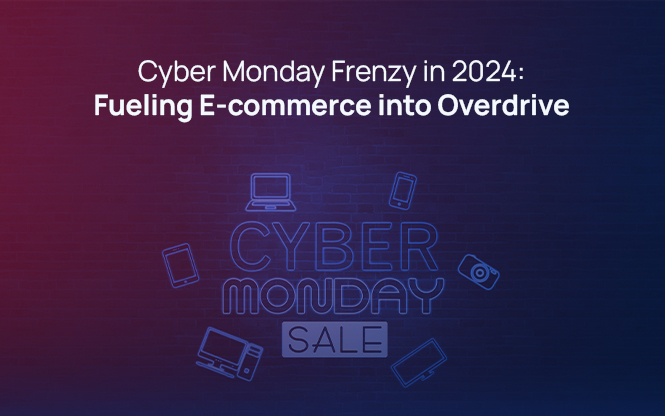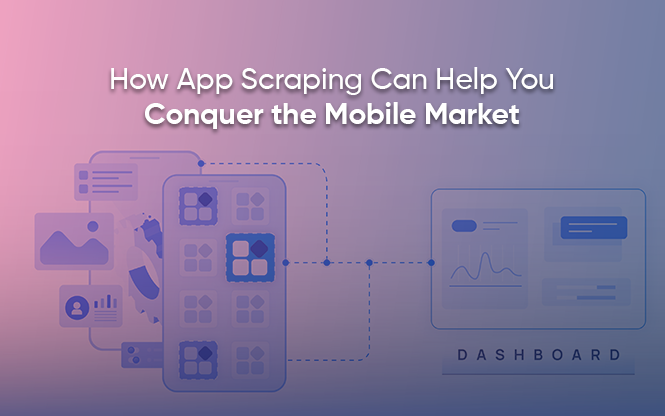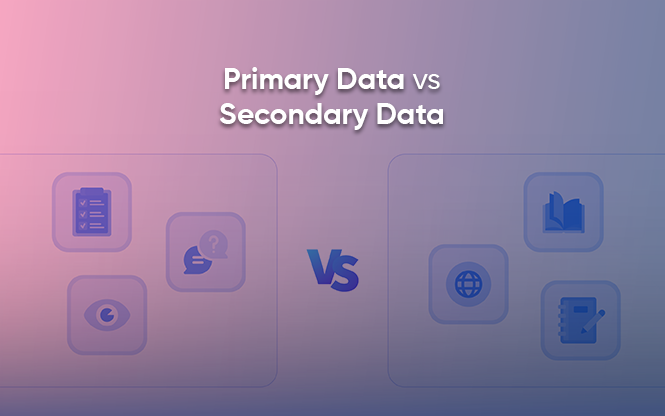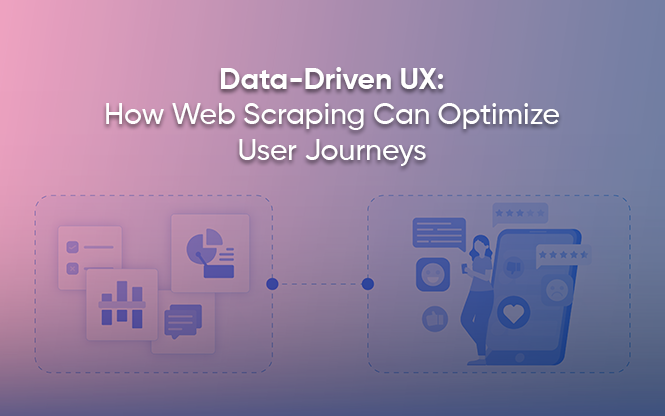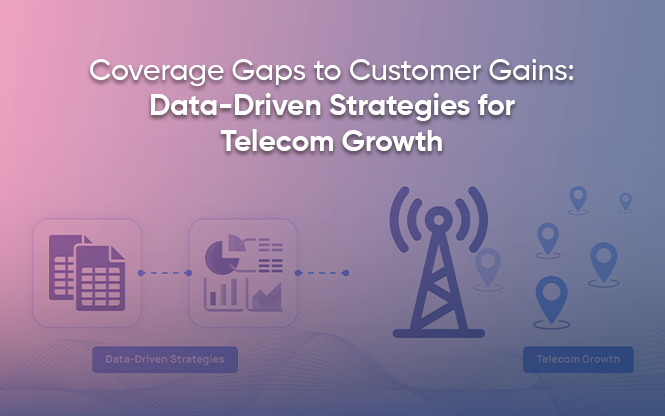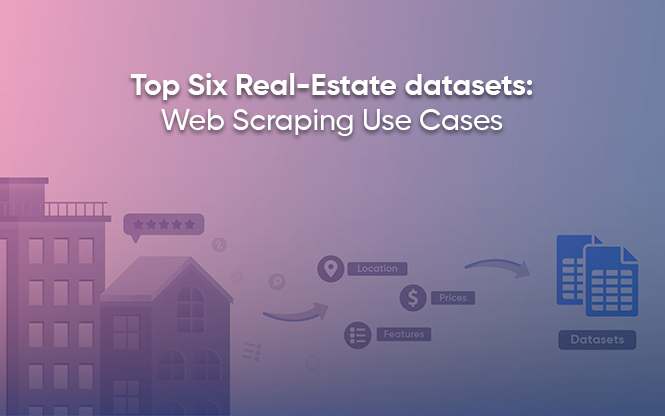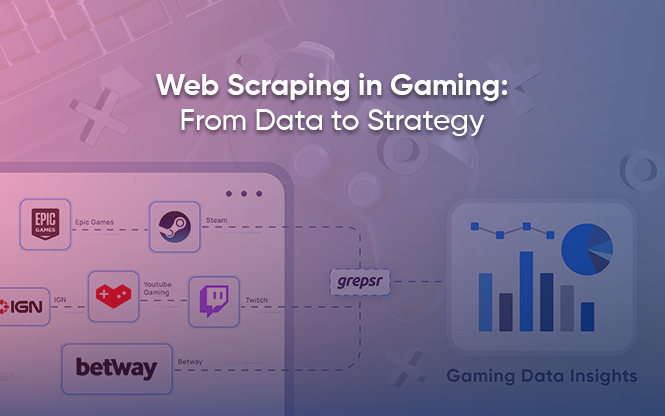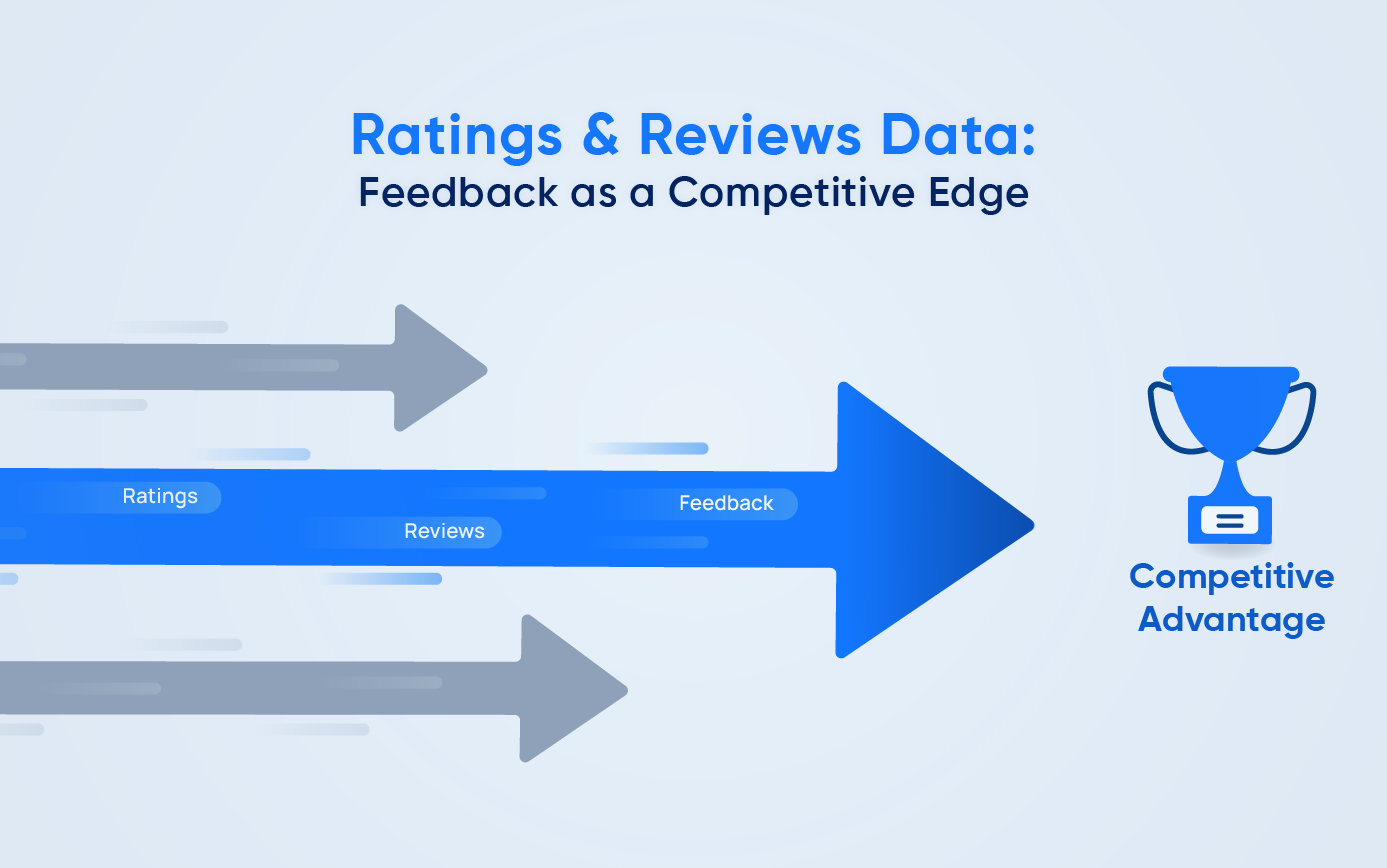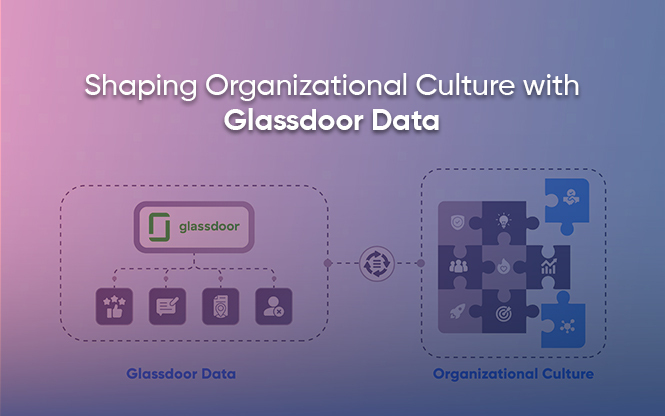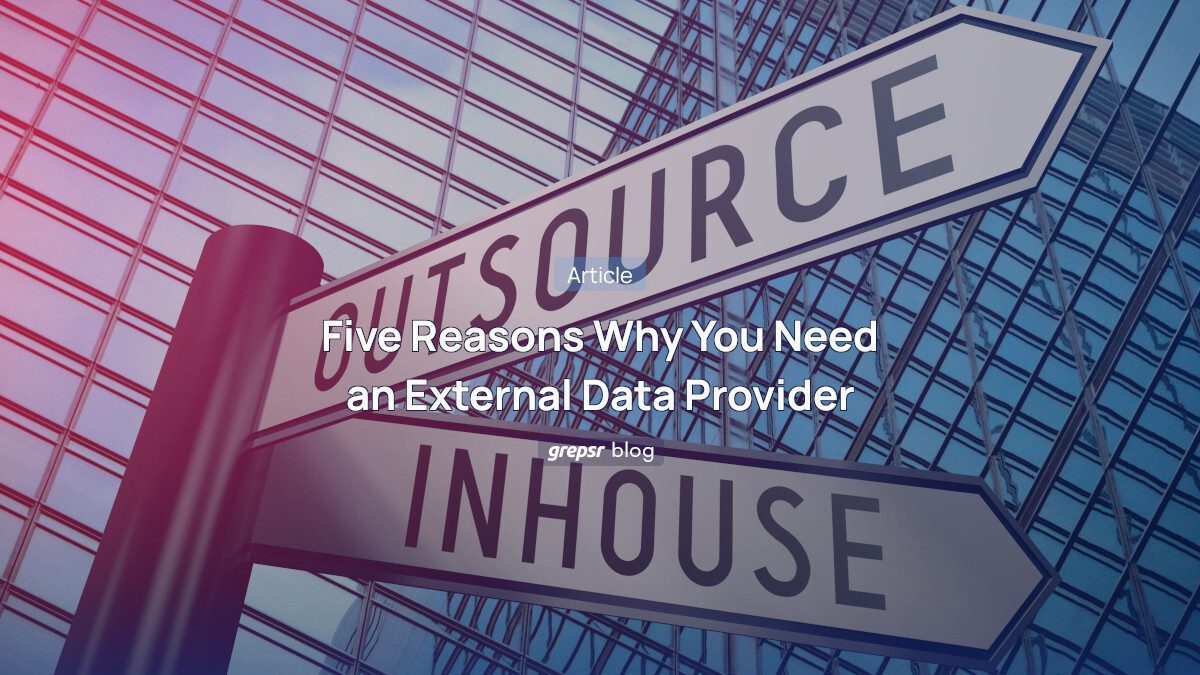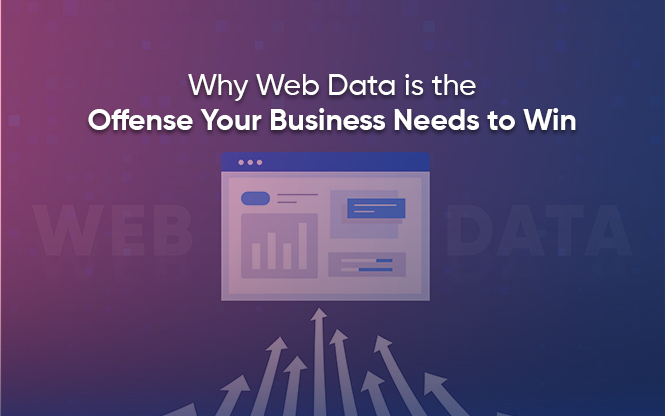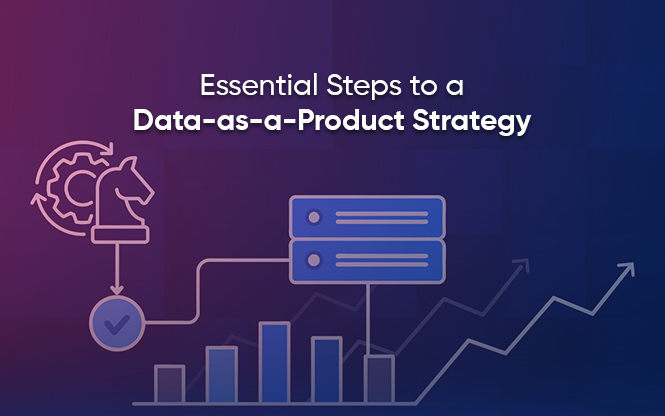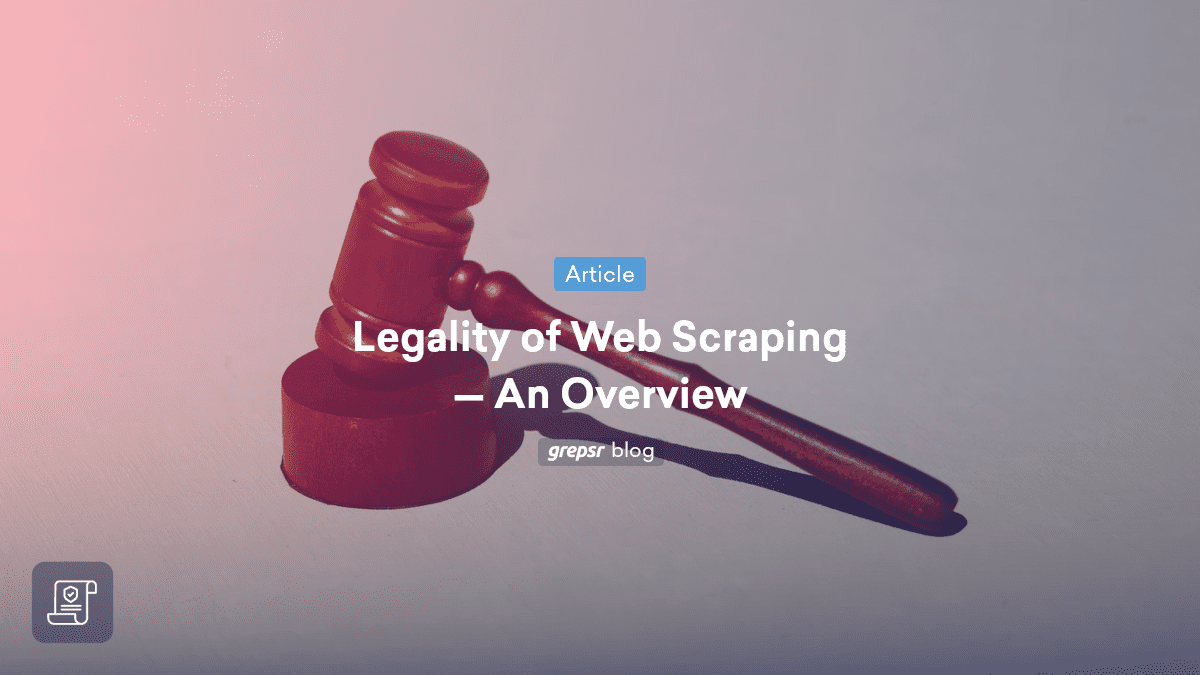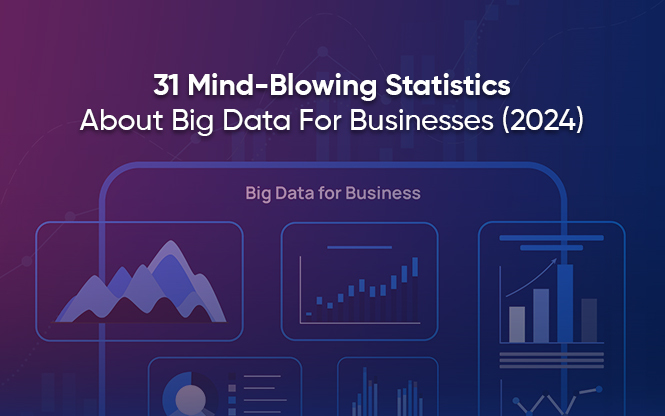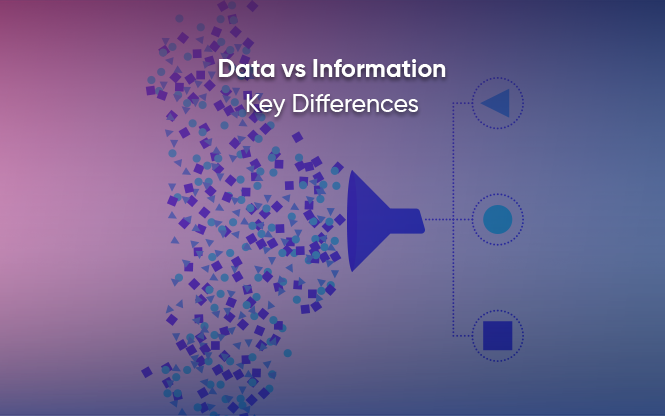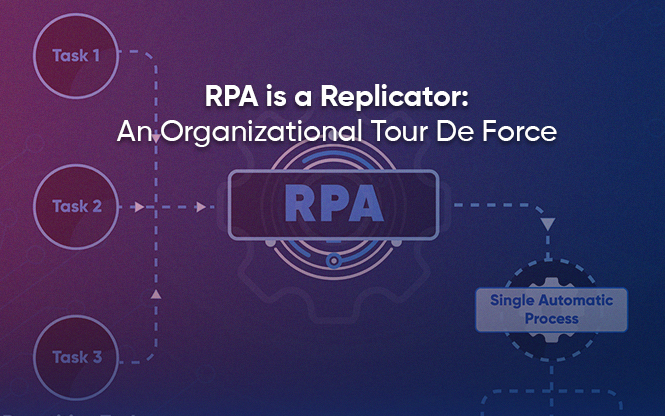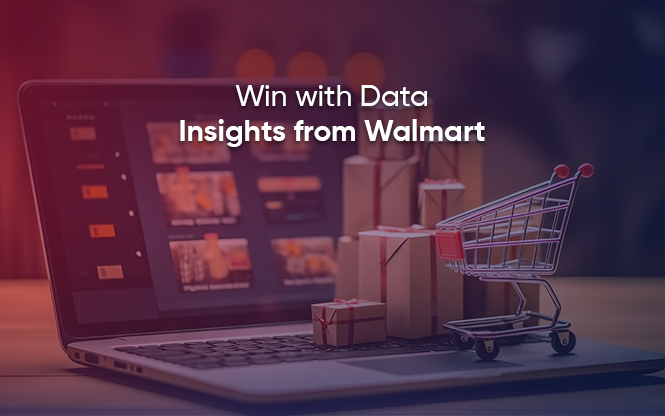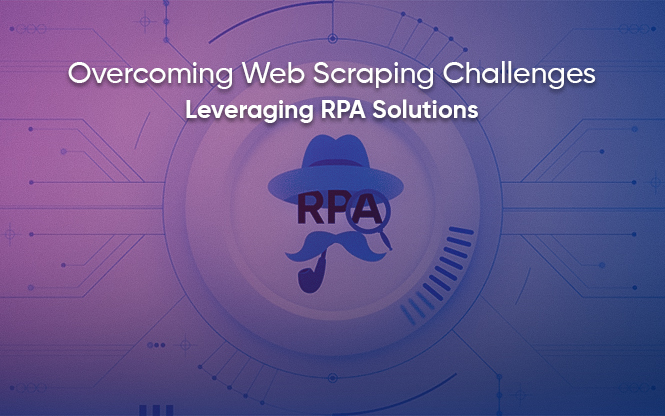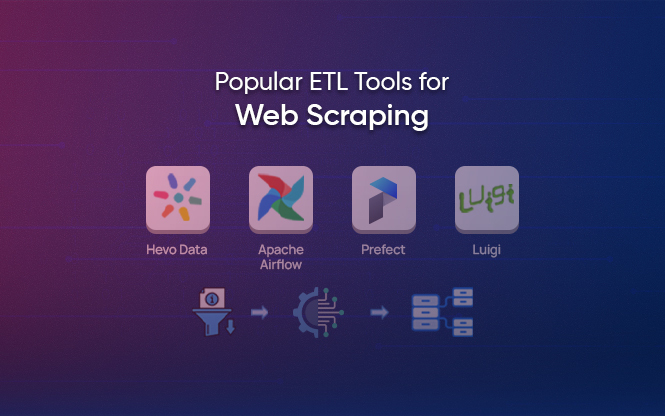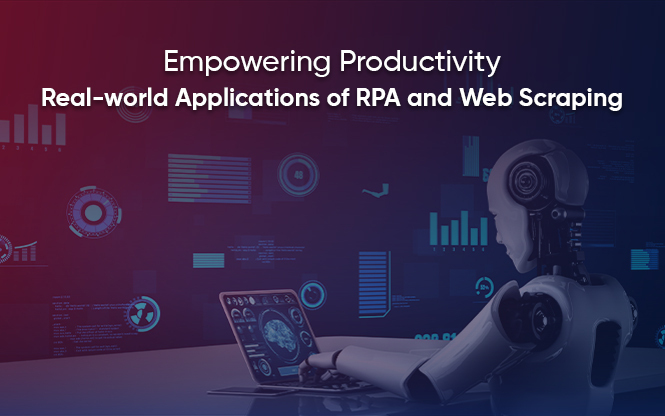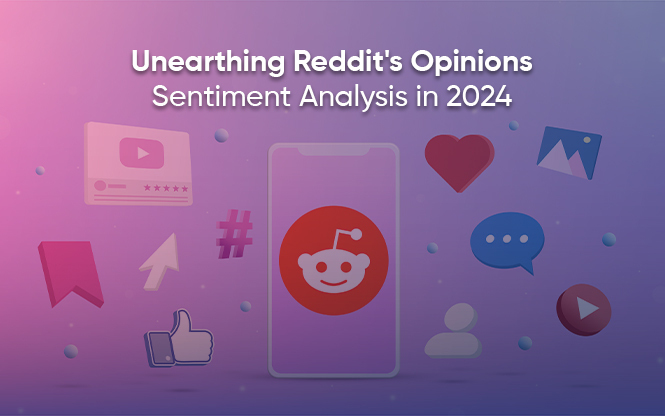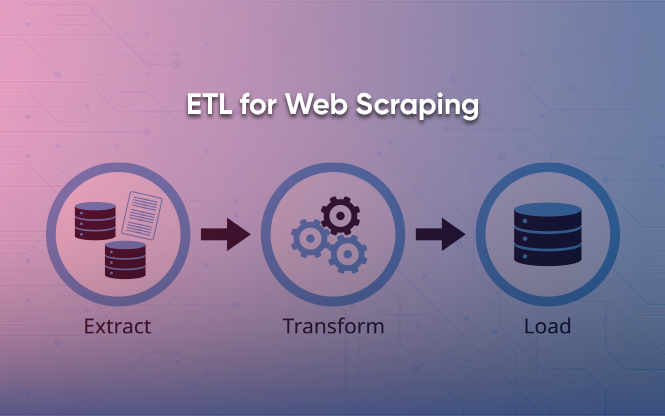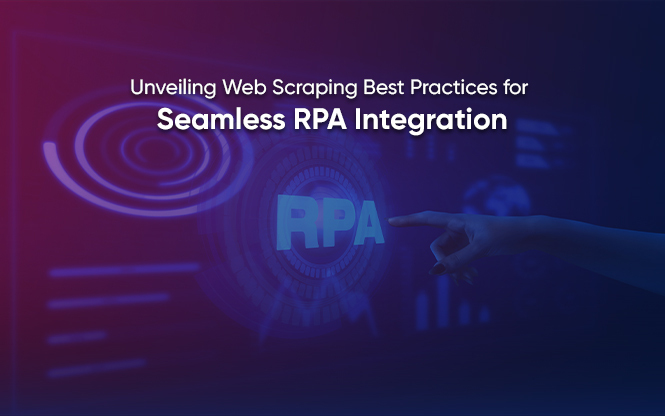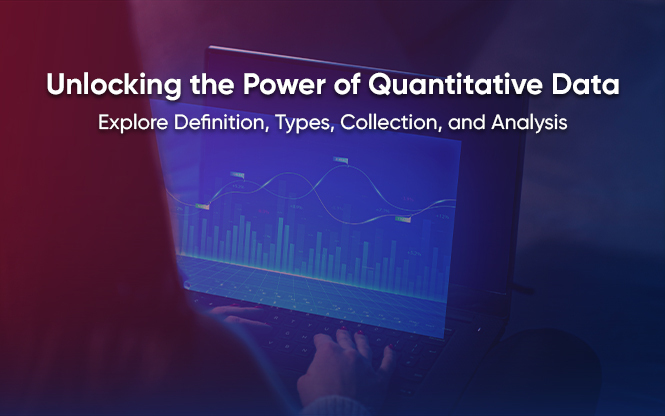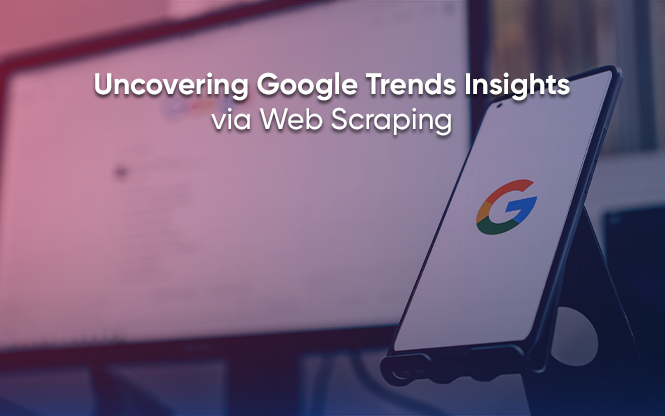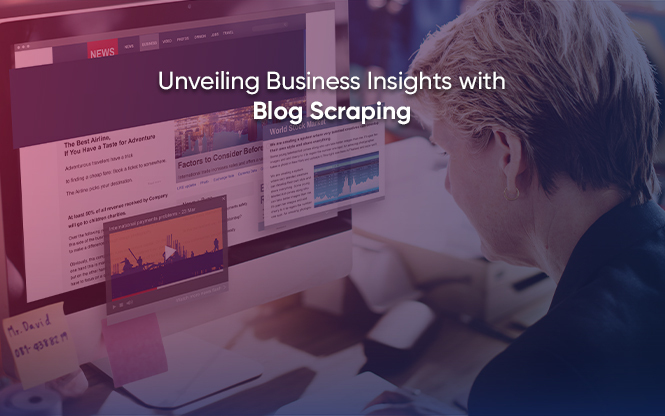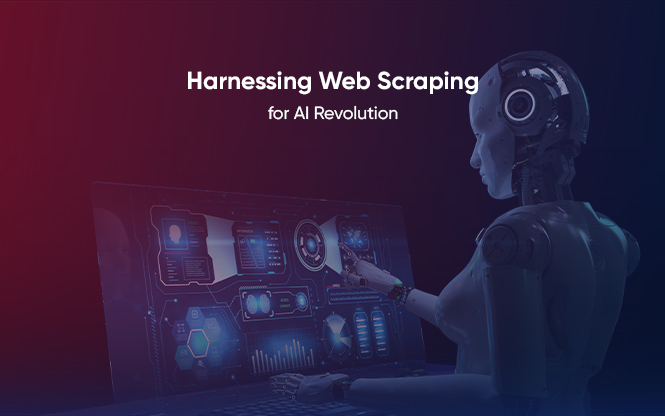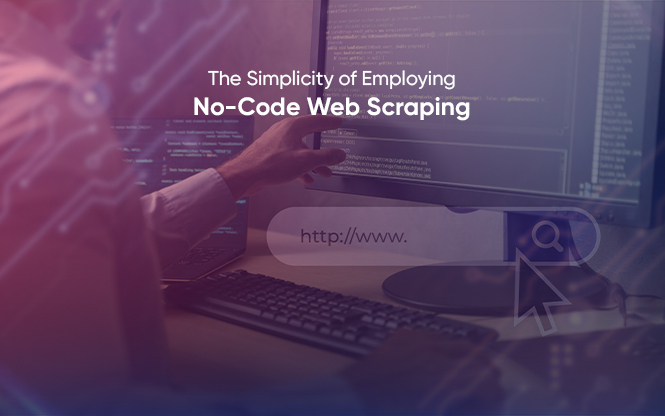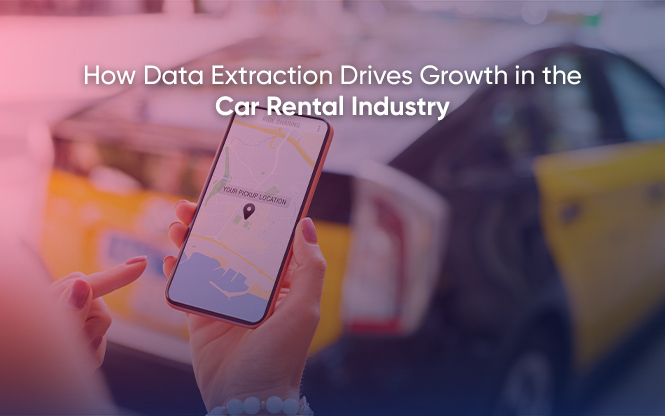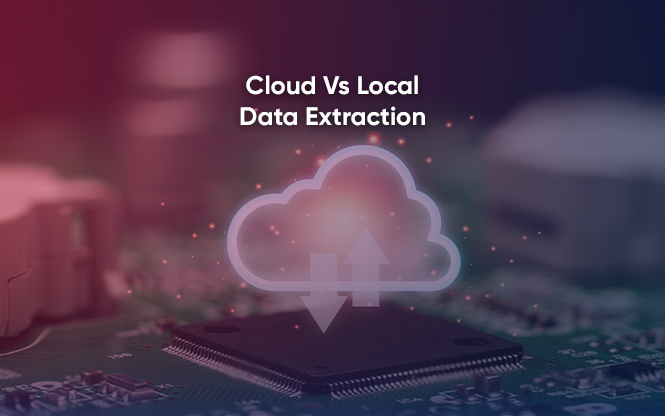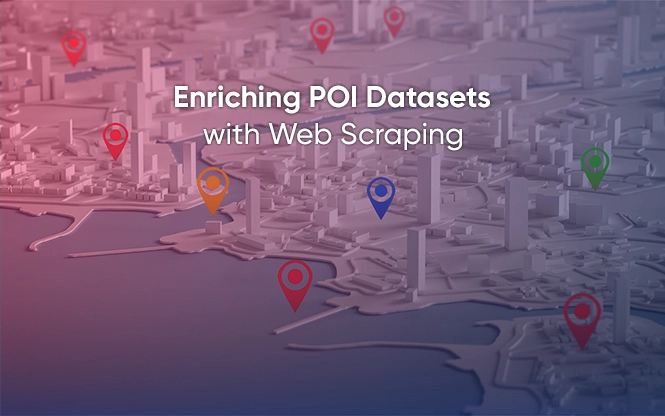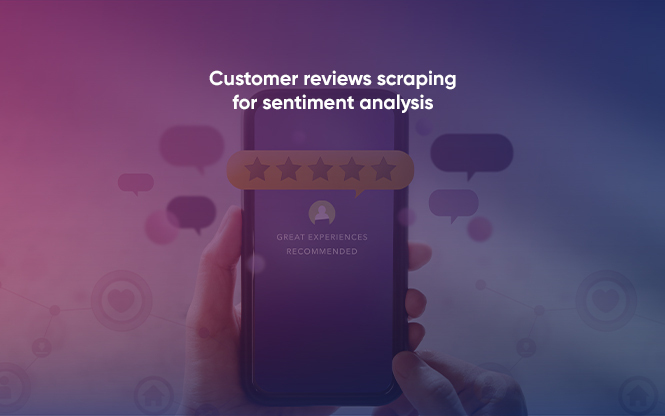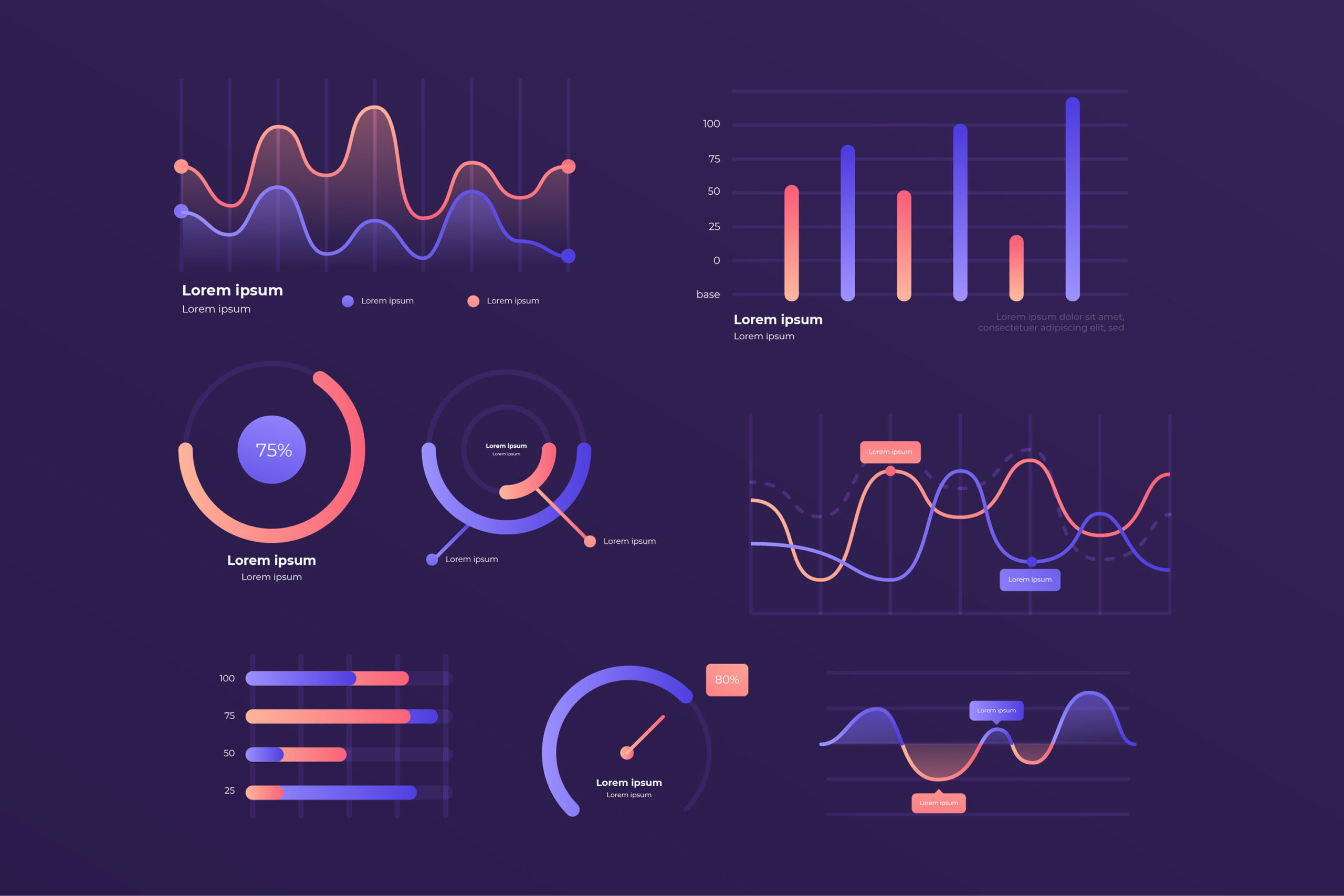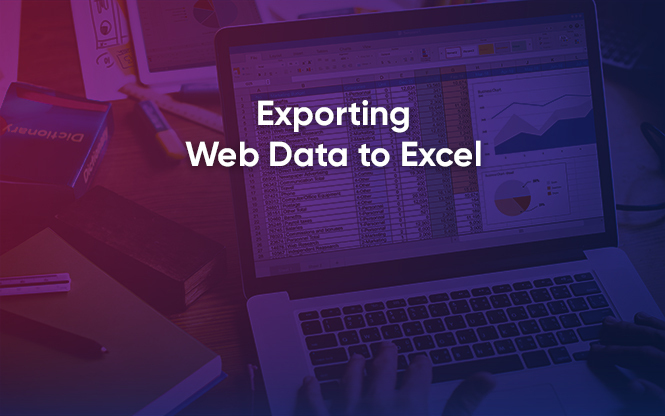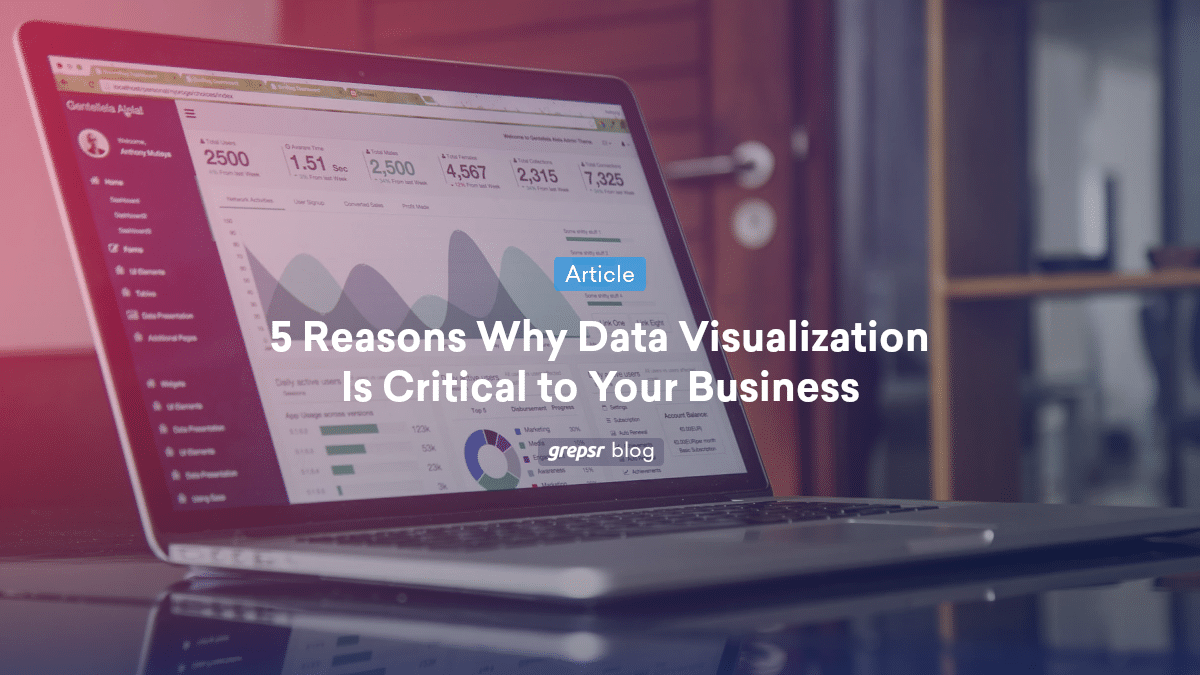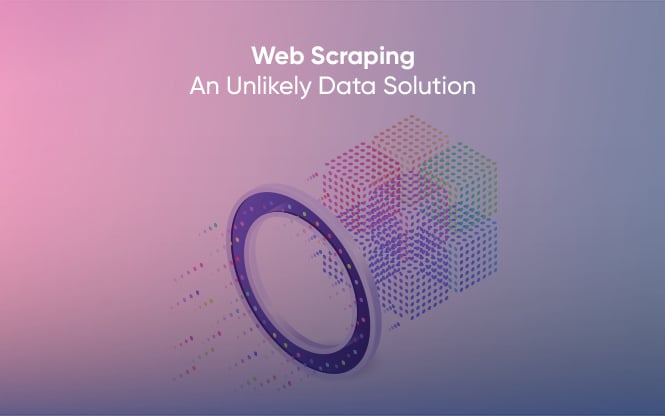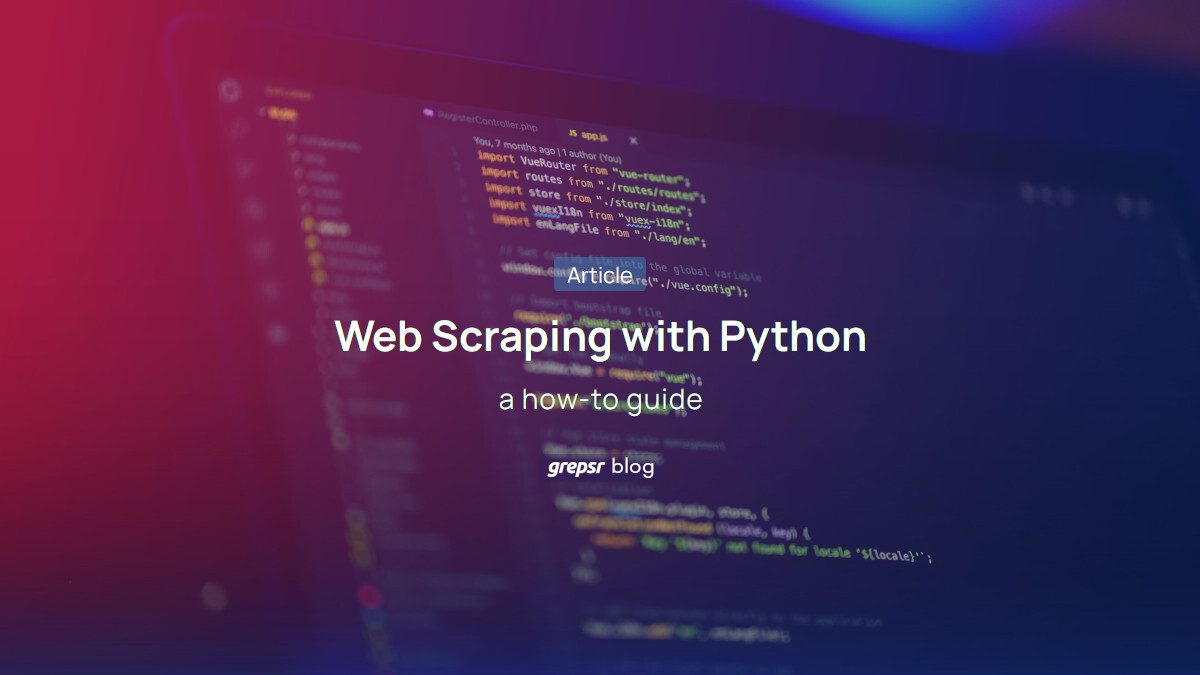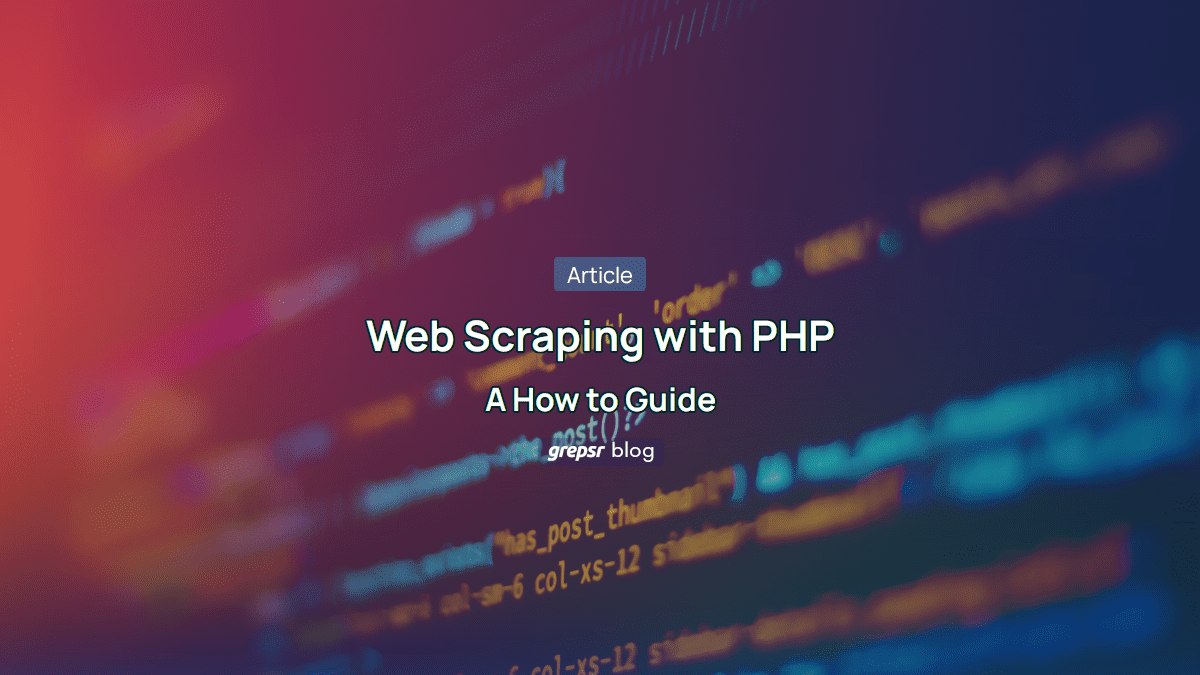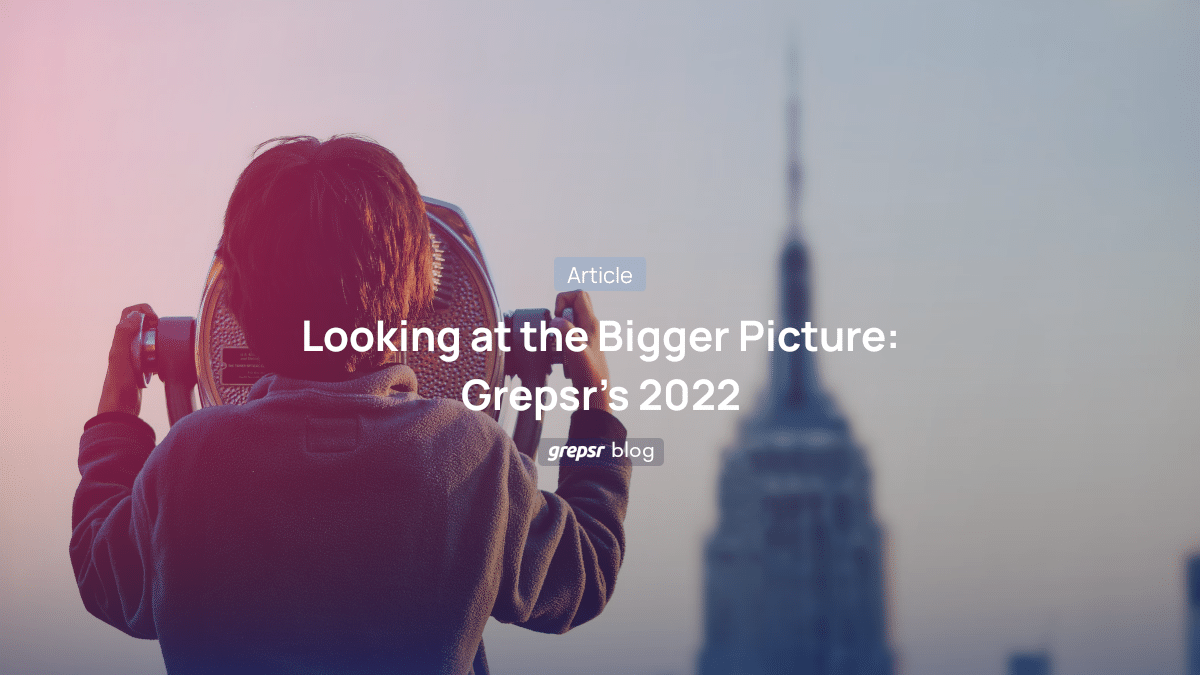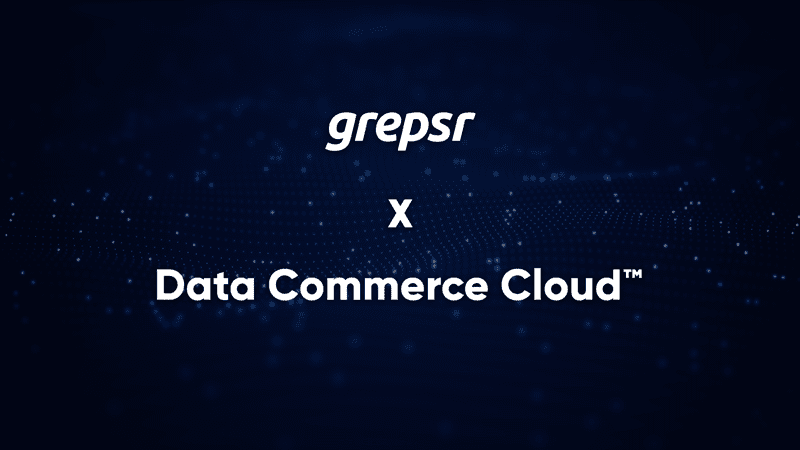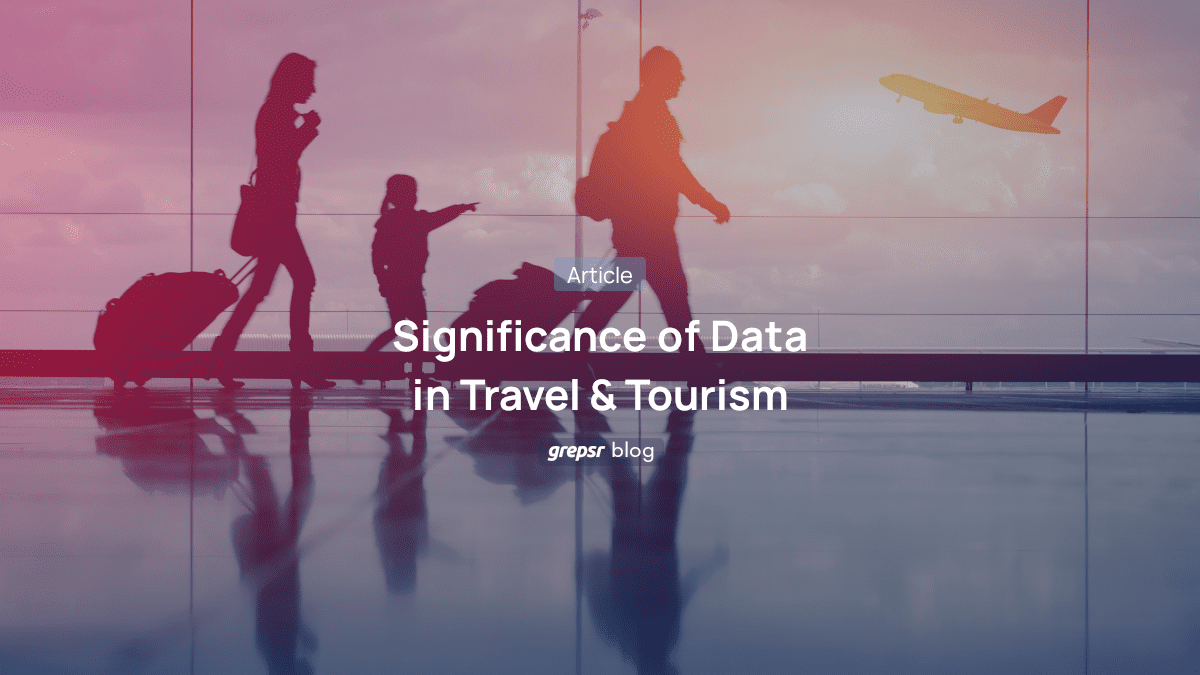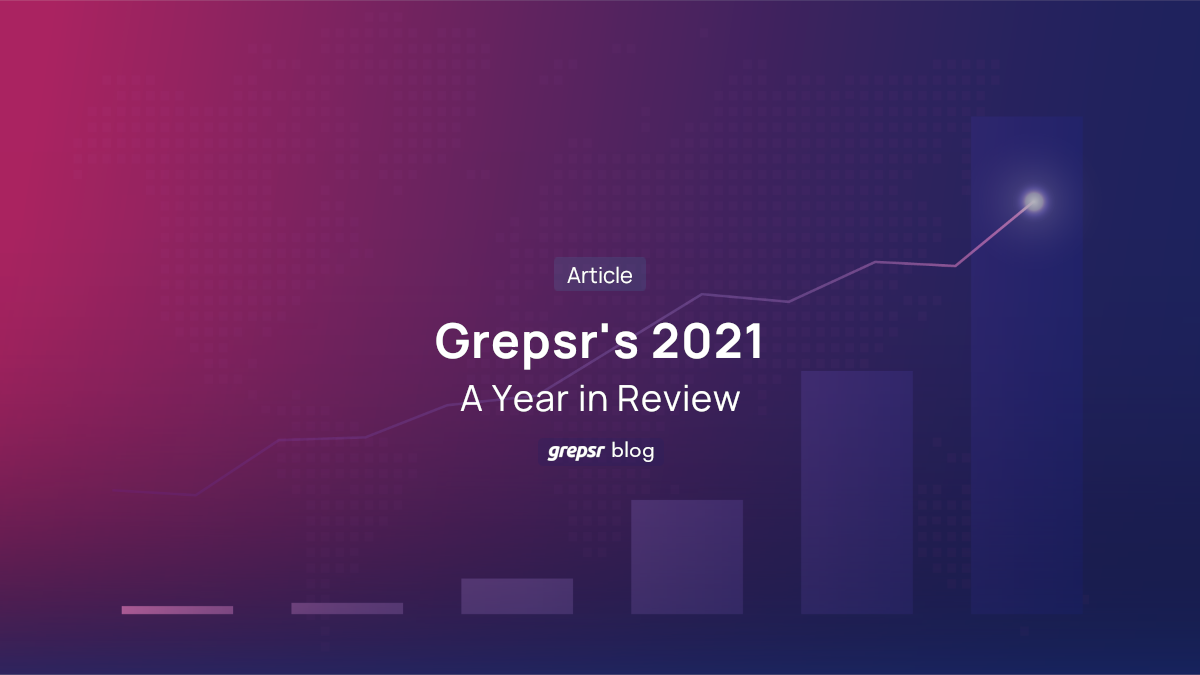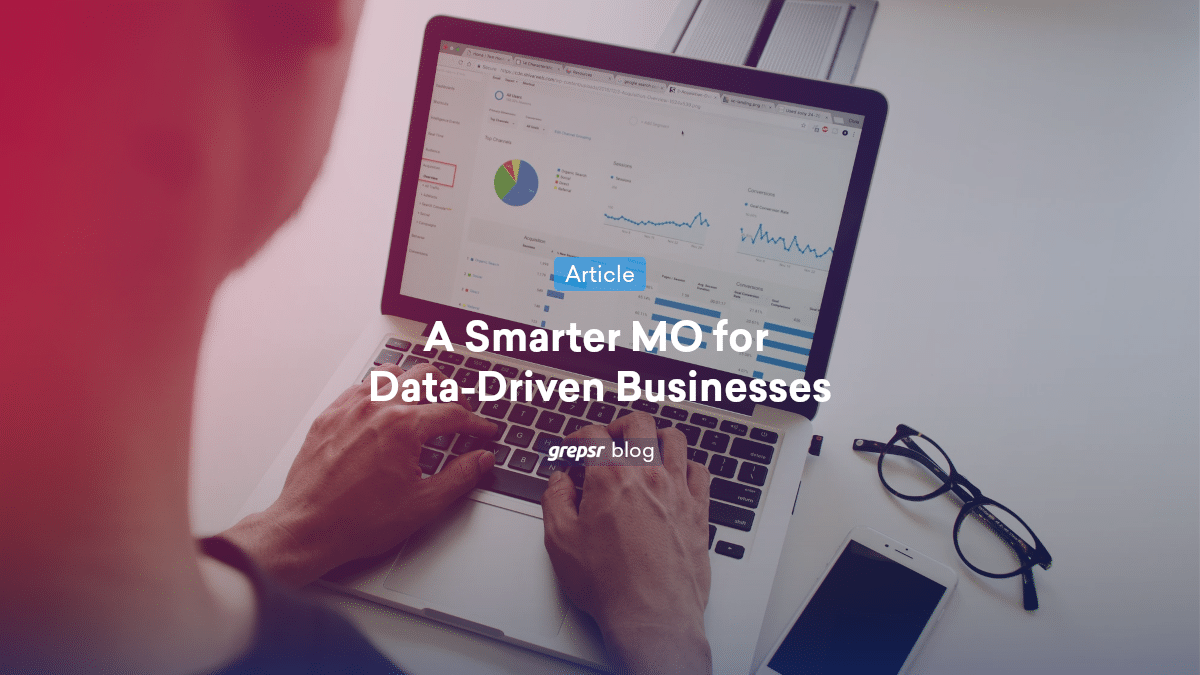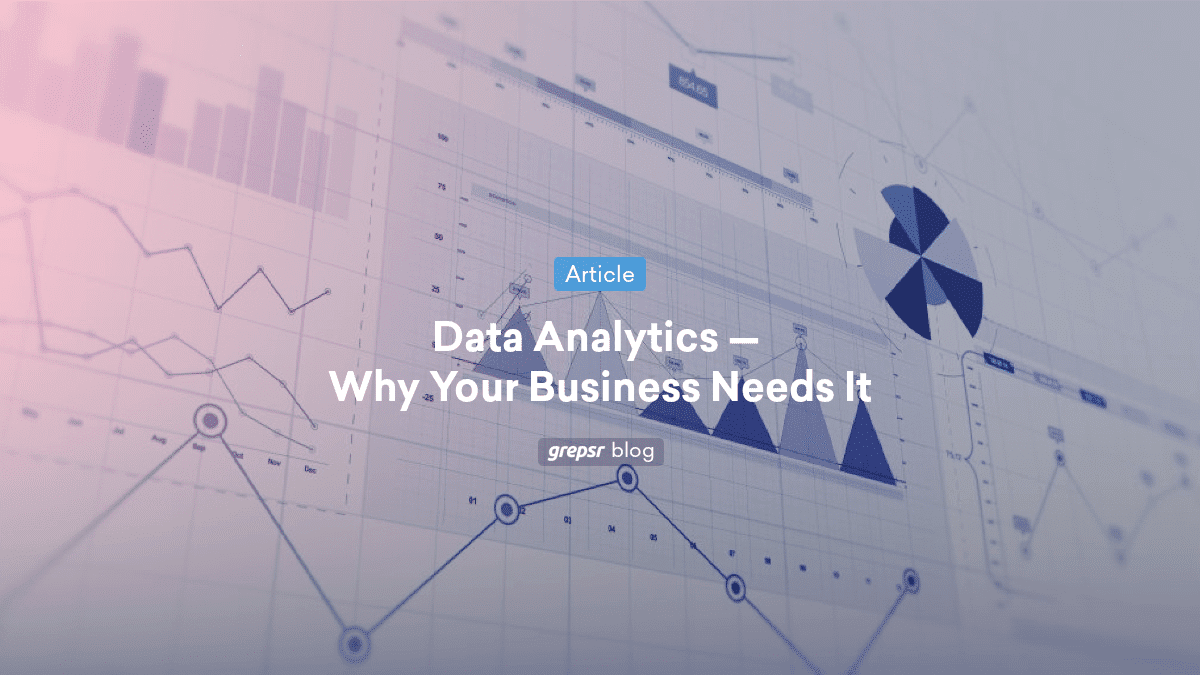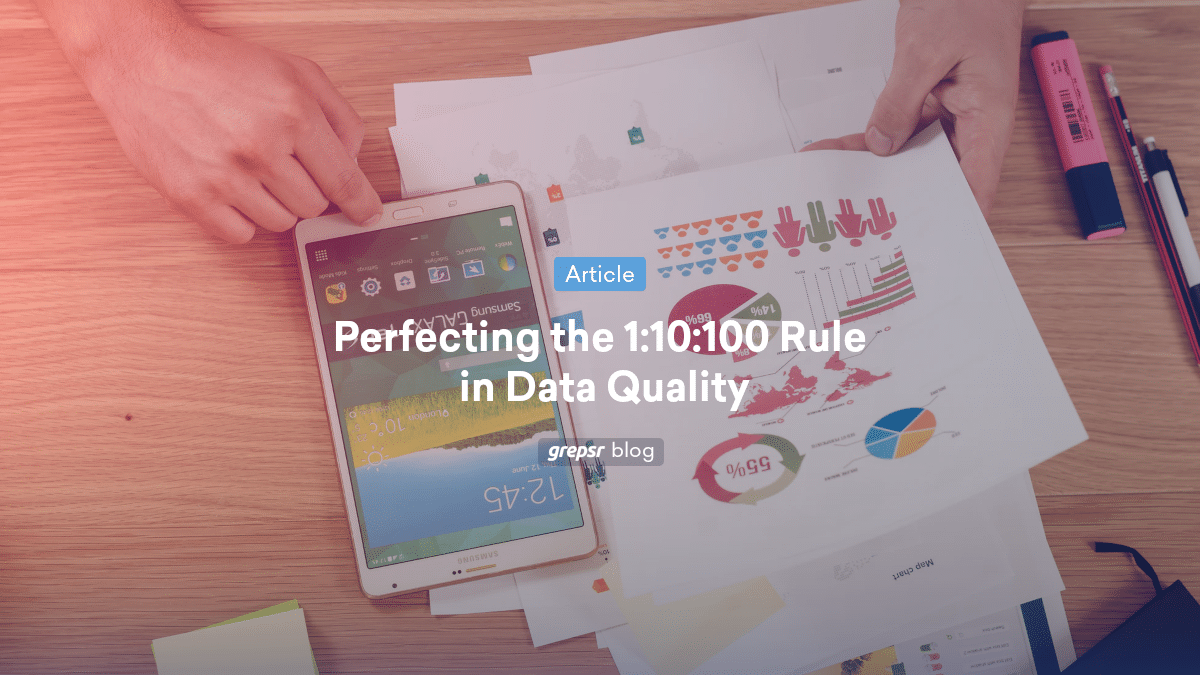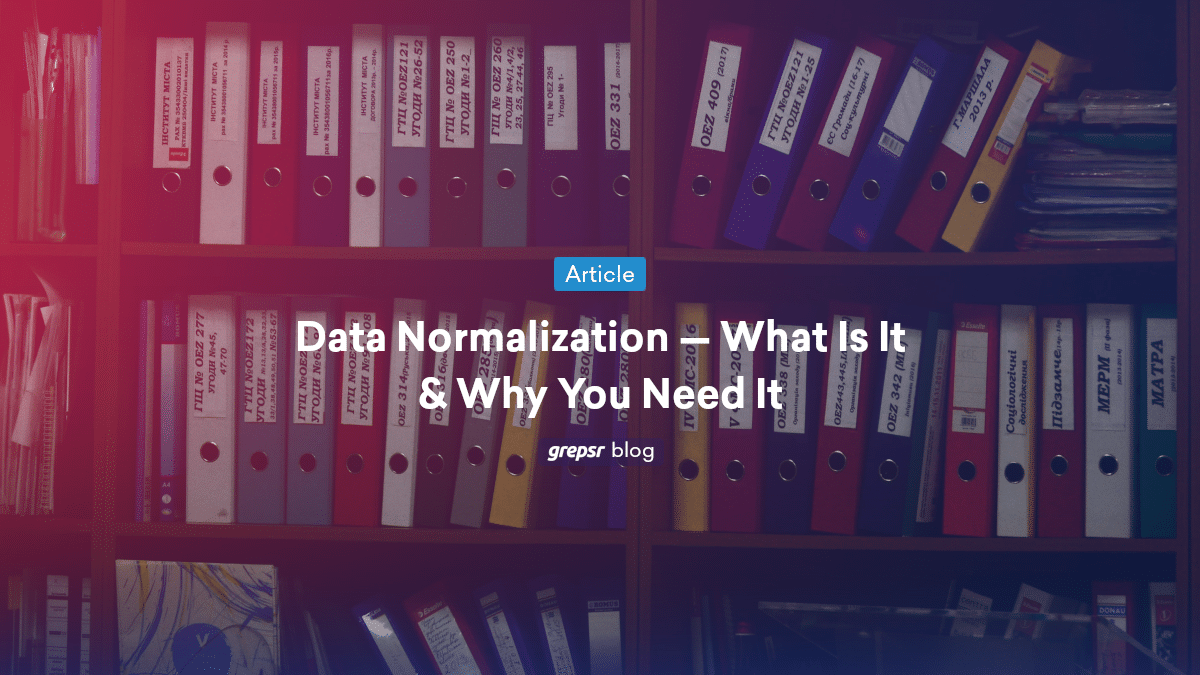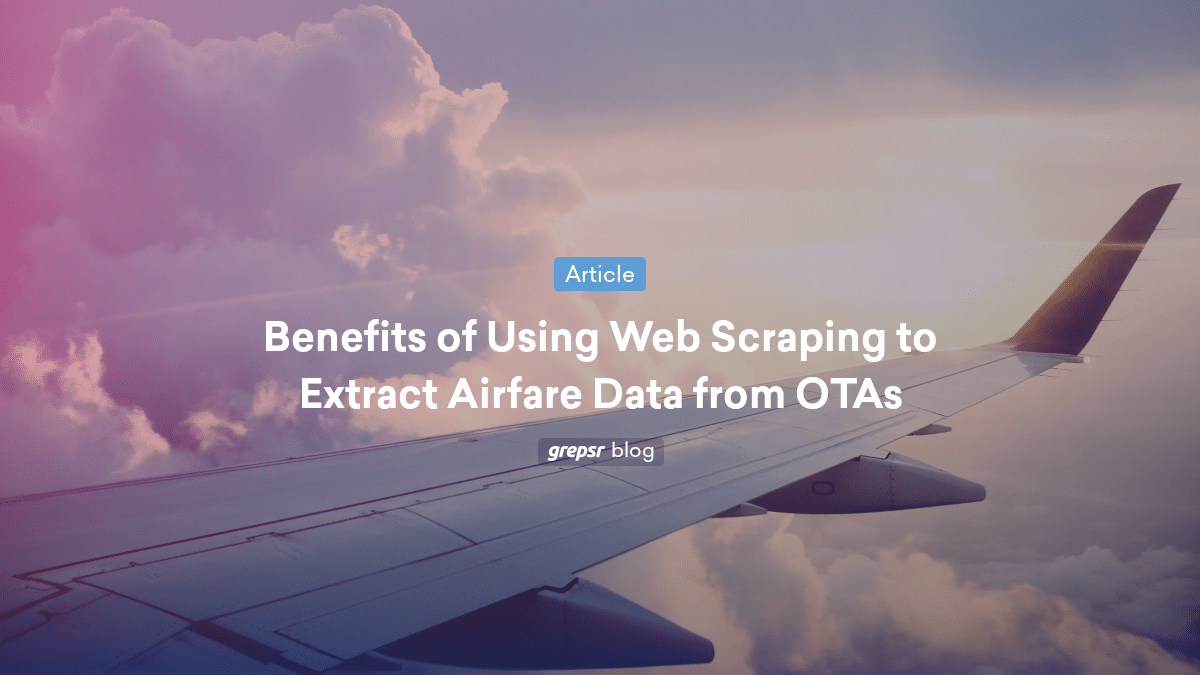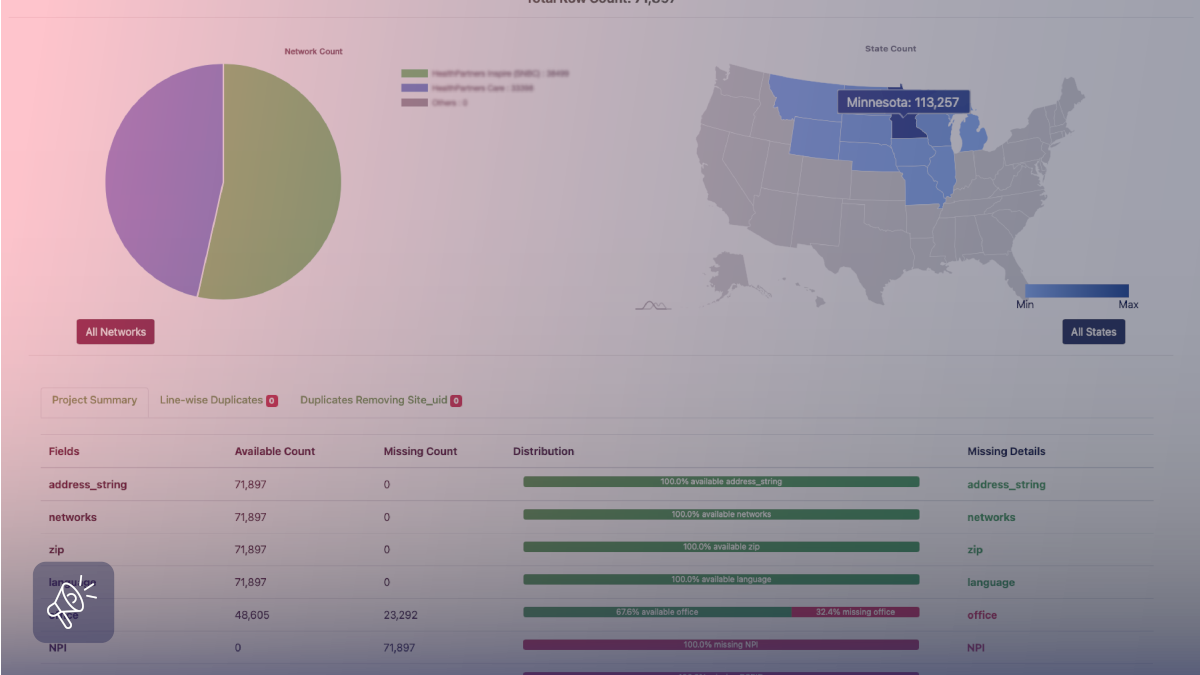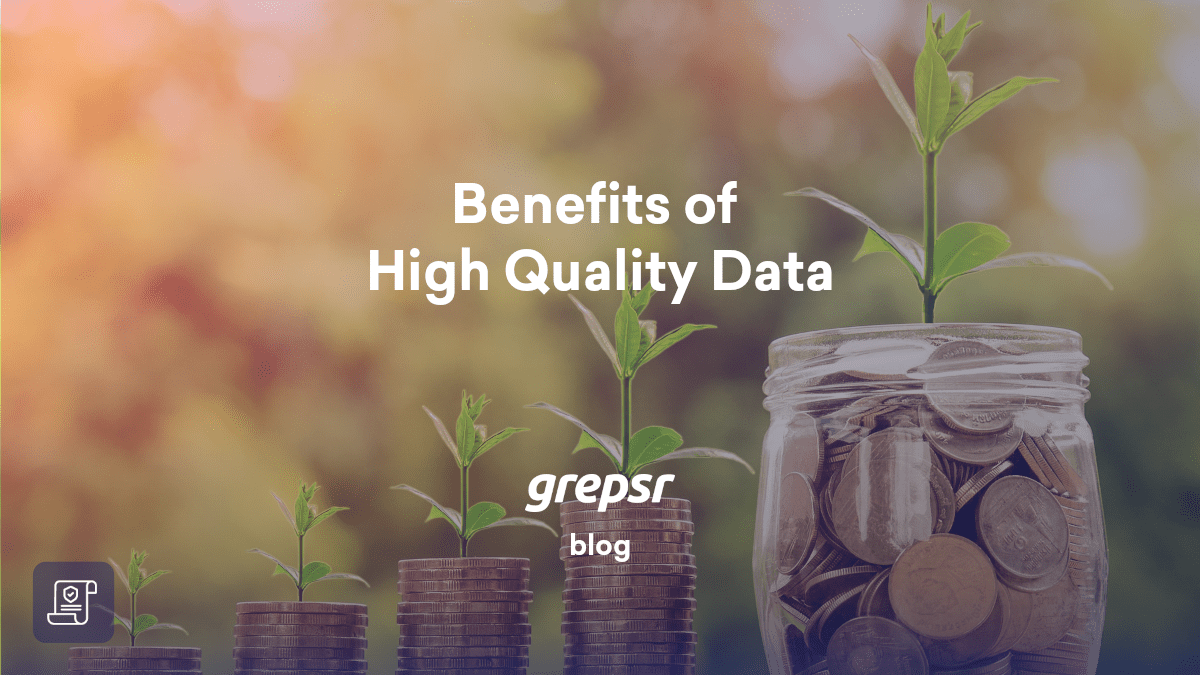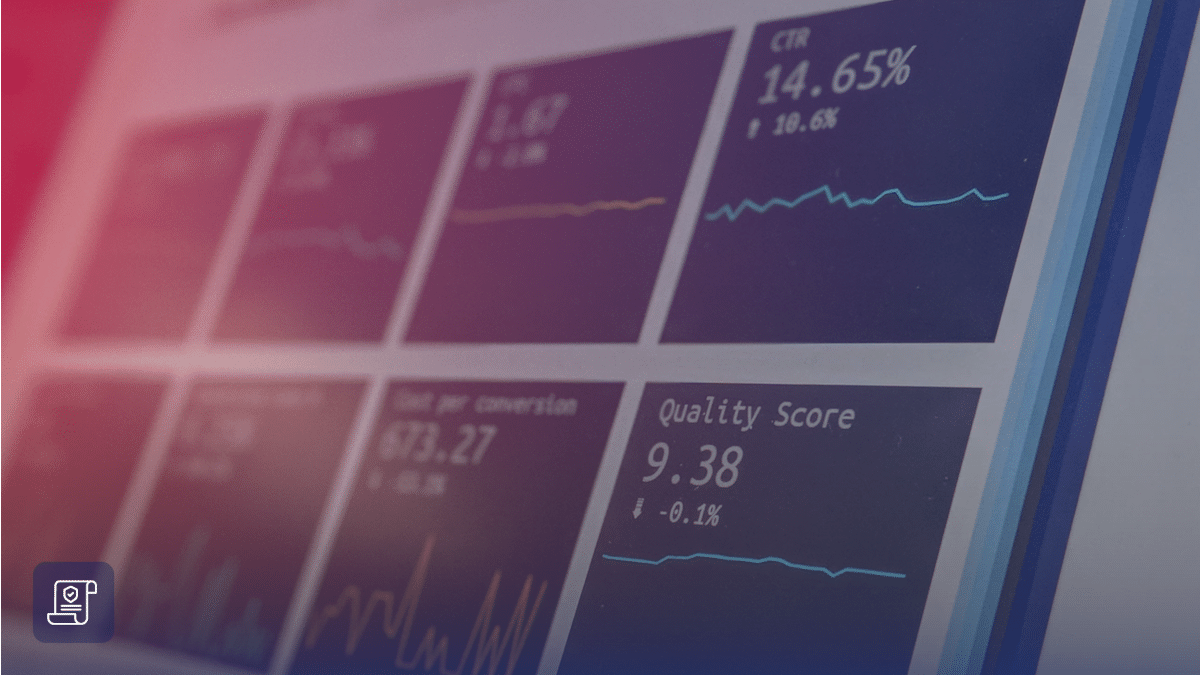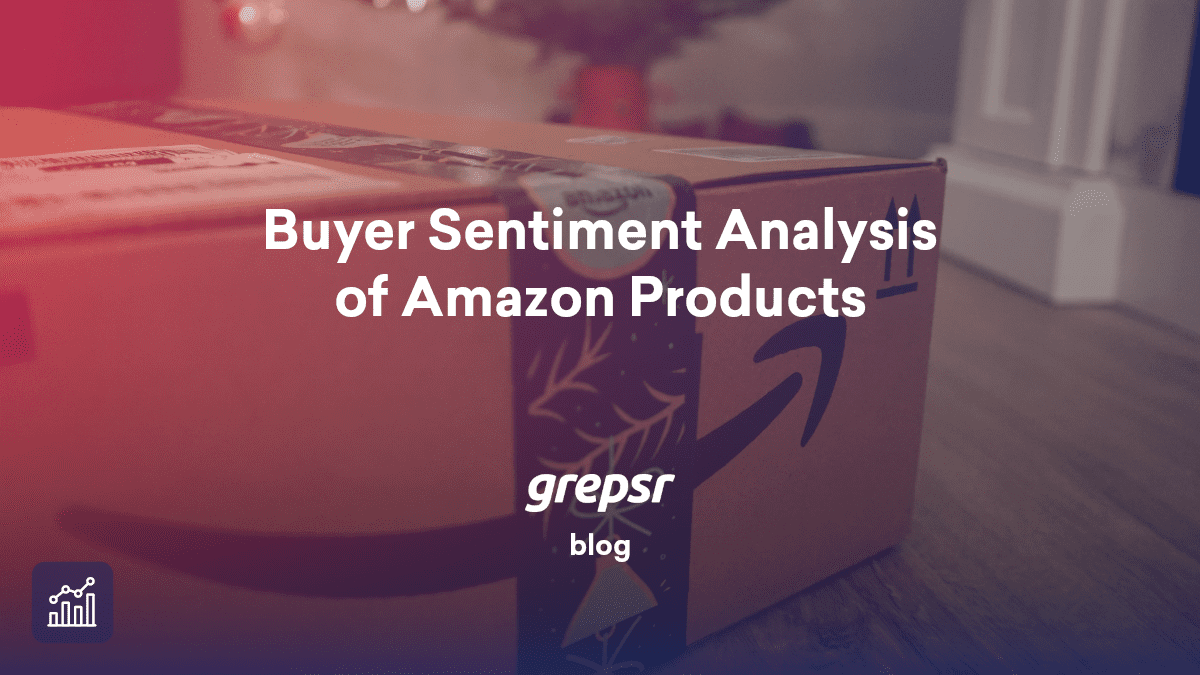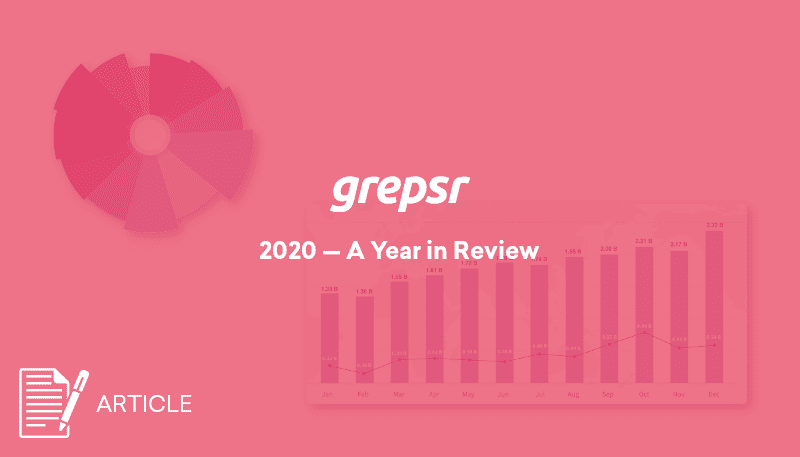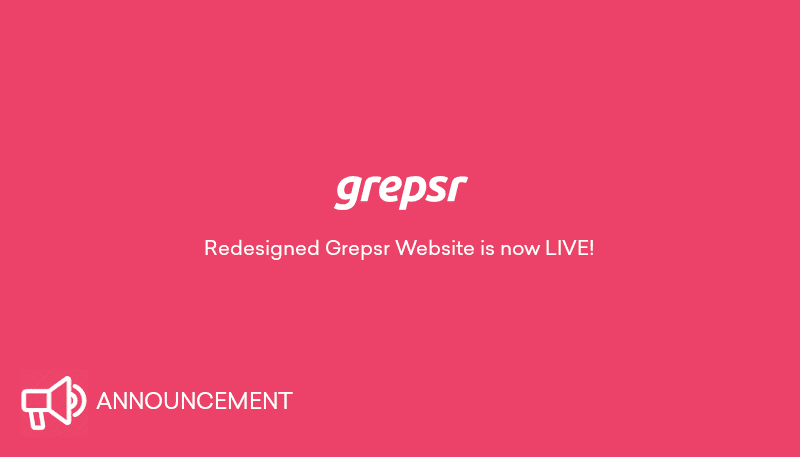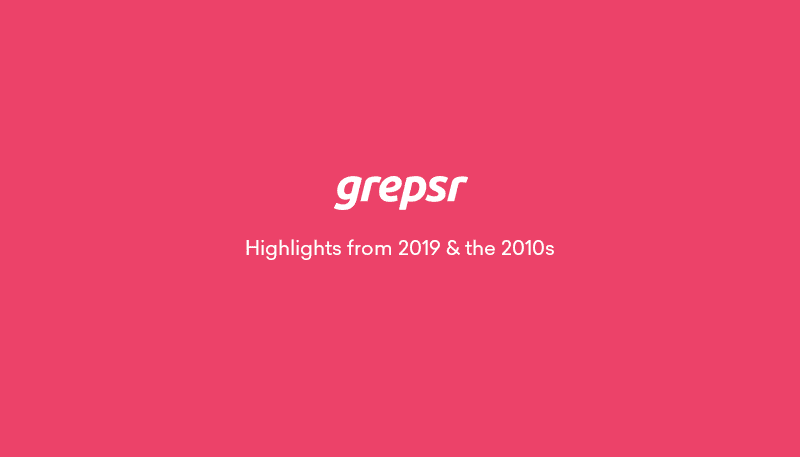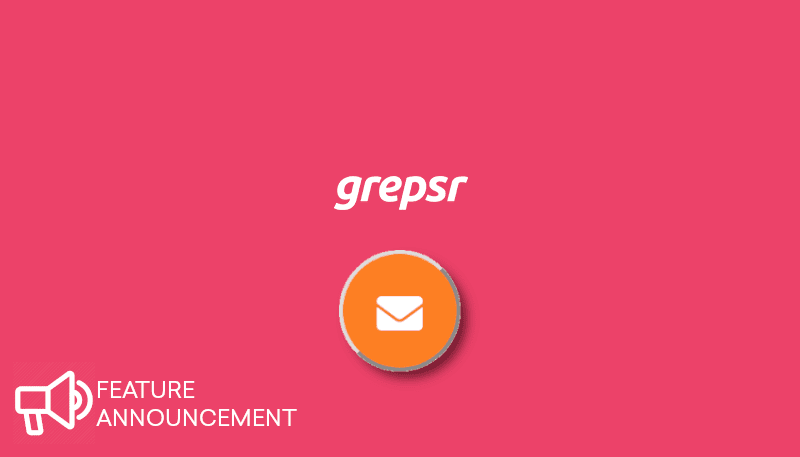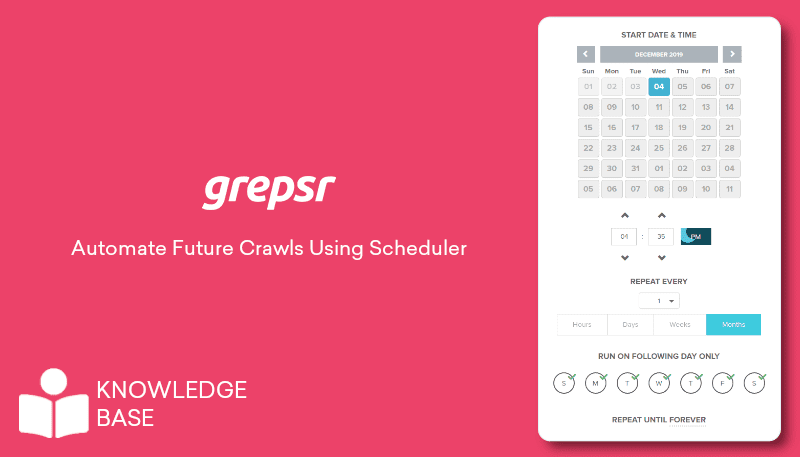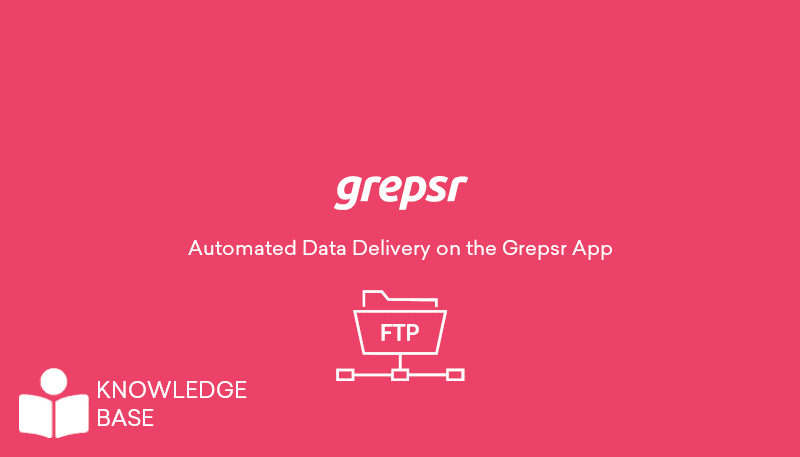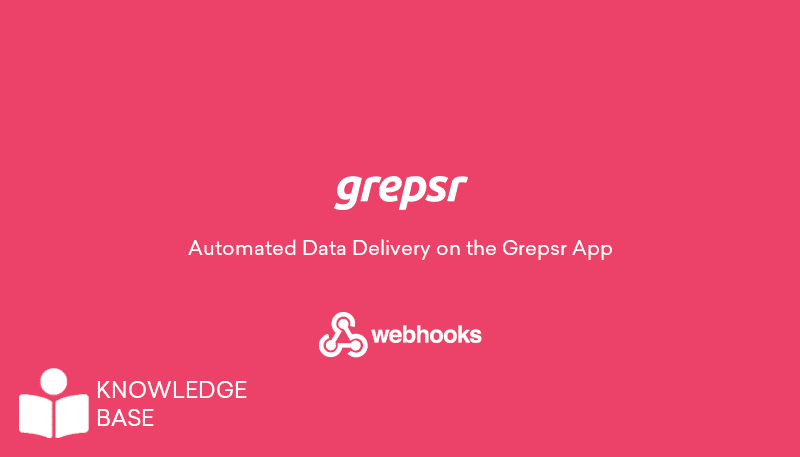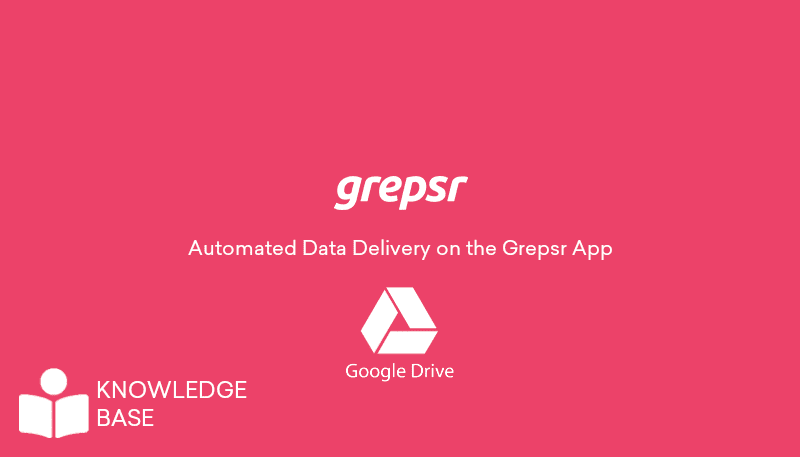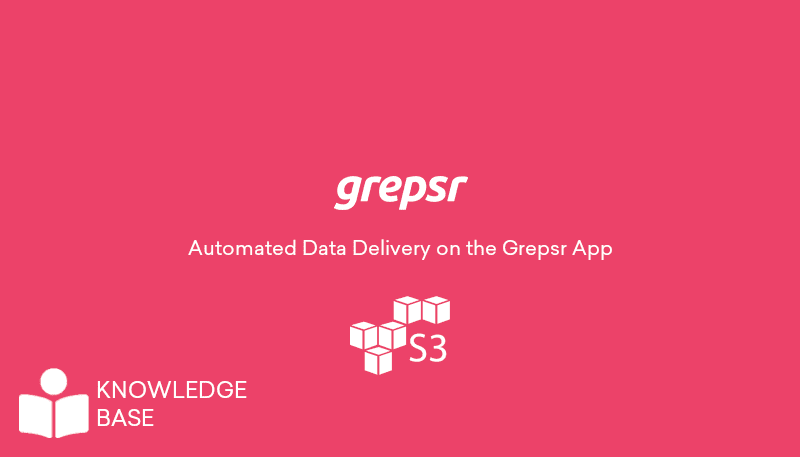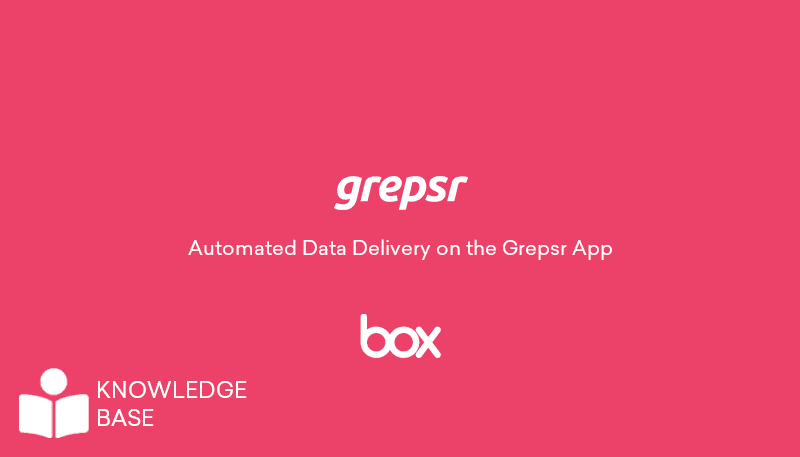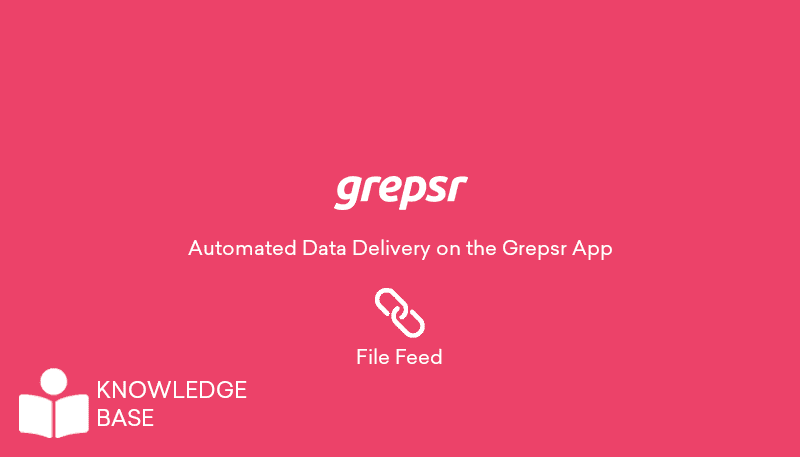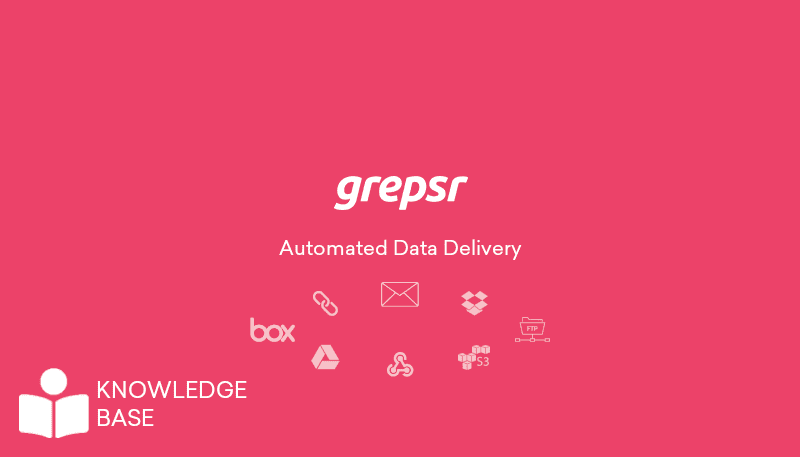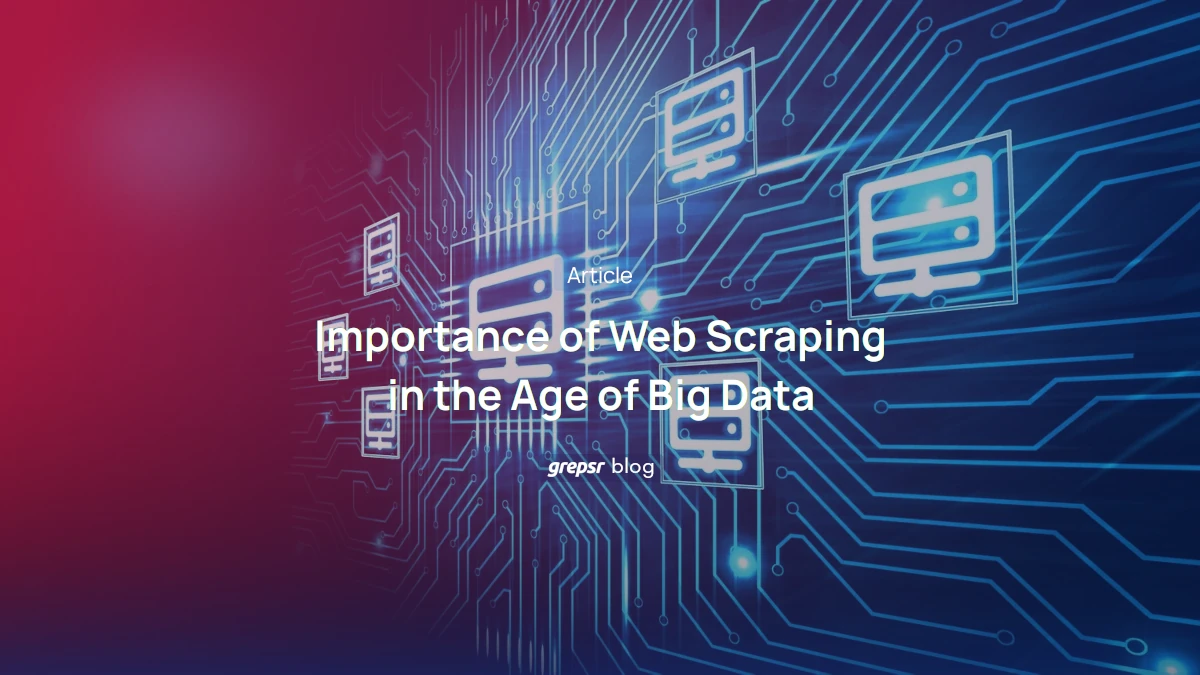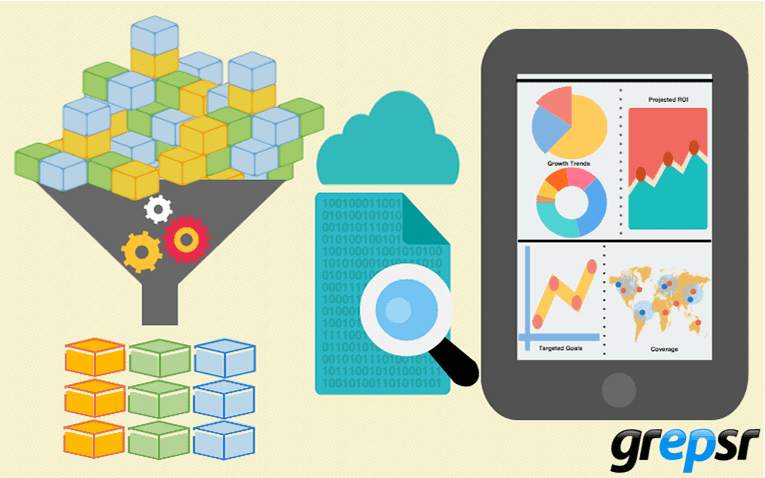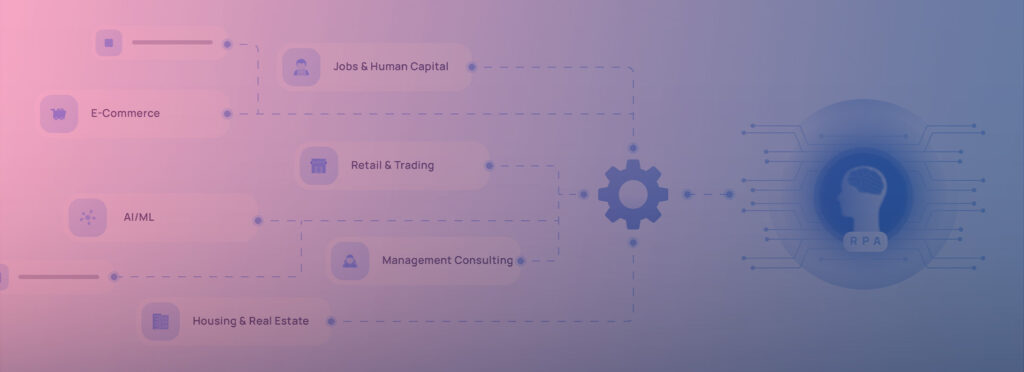
As mathematician Clive Humby famously said, ‘Data is the new oil.’ But like crude oil, raw data holds little value until it’s refined, processed, and turned into something meaningful.
Before that transformation begins, however, the first step is extraction—gathering data at scale to uncover actionable insights. Especially in market research, analyzing customer reviews, competitor offerings, dynamic pricing, and emerging trends requires data from a wide range of sources. Without access to datasets at a large scale, there’s nothing to refine—no visibility, no strategy, no edge.
That’s where RPA web scraping comes in. It automates the collection of high-volume, high-quality data from across the web—fueling faster and smarter market research.

What is RPA Web Scraping?
RPA web scraping is the process of using Robotic Process Automation (RPA) or RPA bots to automatically extract publicly available data from different sites on the web.
Repetitive copy-pasting is completely eliminated and only required data from websites is collected by the automated crawlers and bots. The RPA bot extracts data simply by mimicking human interactions with the targeted web page, such as scrolling, clicking, and filing up forms without spamming the website. Then the clean and accurate data is stored in a structured format (CSV mostly) in Excel spreadsheets or other databases.
Traditional web scraping using Python/JS scripts is code-driven and interacts with HTML elements directly. However, there are many challenges like Captchas, dynamic content and anti-bot measures in this method which disrupt the scraping workflow.
RPA web scraping is more efficient for data collection as it reduces manual effort by automating repetitive tasks. It also extracts data from thousands of sources simultaneously and improves accuracy since there are minimum human intervention and errors.
RPA web scraping follows the standard data extraction process with the hint of human simulations/interactions which helps in easily bypassing anti-bot measures and gathering relevant data.
Learn more:
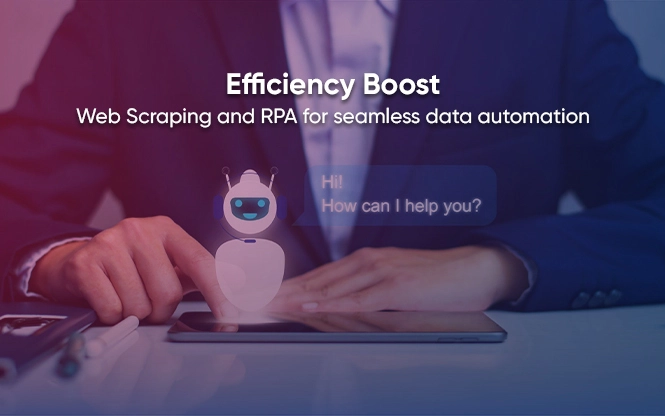
RPA Web Scraping for Market Research
Market research is the process of gathering, analyzing, and interpreting information about a market/industry. It includes information about potential customers, competitors, and industry trends to form effective competitive strategies. Then from the insights, businesses can evaluate the viability of a new product or service, understand consumer needs, and refine their product features to fit market demands.
There are two ways to conduct market research, one is the primary method where one-on-one or group interviews are conducted with the target market via online forms or direct calls. Another is the secondary method where you collect data from sources that are publicly available on the internet like Reddit forums, social media, reviews sites and more.
RPA web scraping can be of great use for the second method as it is efficient for automatic large-scale data collection from targeted websites. RPA bots can collect and process data from thousands of pages, and websites simultaneously reducing turnaround time significantly. It helps scale operations with ease like monitoring product listings, prices, reviews, etc from global competitors with over a million product pages.
The accuracy and consistency of RPA bots in data extraction are unmatchable with a human as they capture each and every data field without mistakes. However, during human interventions, there arise issues like mislabeling items, and their prices, or skipping entire listings accidentally.
The best feature of using RPA web scraping is that the bots can be customed to only collect certain information from a site as per need. For example, only scraping the product reviews of items that have more than 3 stars or above a certain price limit.
Industry-specific Use Cases for Market Research
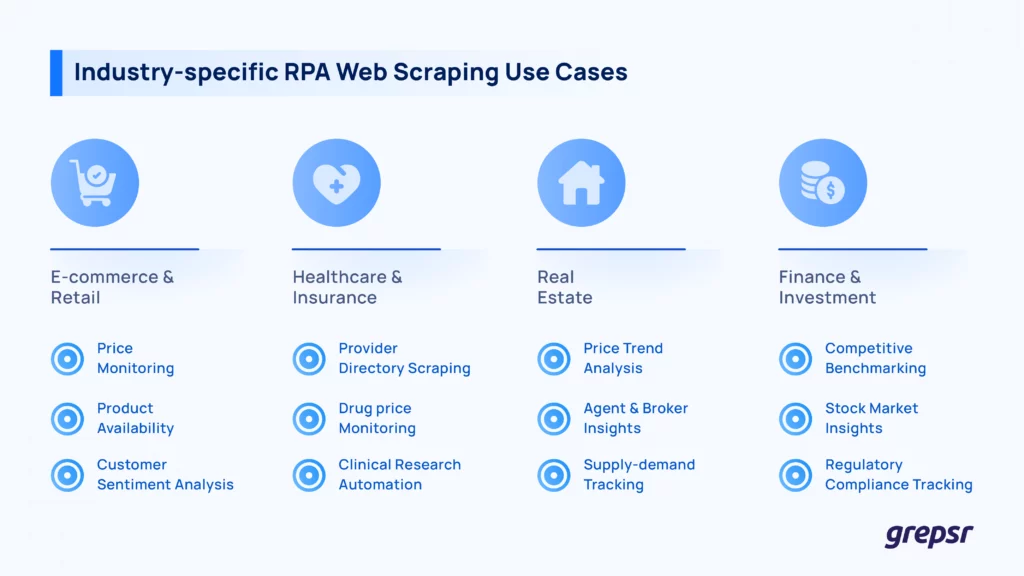
E-commerce & Retail
- Price monitoring – Tracking competitors’ pricing in real-time.
- Product availability – Monitoring stock levels across multiple retailers.
- Customer sentiment analysis – Extracting reviews and ratings for trends.
Healthcare & Insurance
- Provider directory scraping – Collecting data on doctors, hospitals, and insurance networks.
- Drug price monitoring – Tracking medication costs across pharmacies.
- Clinical research automation – Gathering trial data from public databases.
Real Estate
- Price trend analysis – Scraping property listings and rental rates.
- Agent & broker insights – Collecting data on market leaders.
- Supply-demand tracking – Understanding real estate movements across regions.
Here is a case study about this:

Finance & Investment
- Competitive benchmarking – Gathering financial data on competitors.
- Stock market insights – Extracting data from investor reports & news.
- Regulatory compliance tracking – Monitoring policy changes.
Grepsr for Market Research data
RPA web scraping is redefining how businesses gather and leverage market intelligence data.
By automating the data collection process across multiple sources, businesses can respond faster to trends, stay ahead of competitors in real-time, and make sharper strategic decisions for growth.
For teams looking to scale their research with speed and accuracy, Grepsr delivers real-time access to quality datasets at the frequency and format you desire.
Whether you’re tracking prices, monitoring reviews, or mapping out industry landscapes, remember Grepsr for real-time access to quality datasets collected by RPA web scraping!

